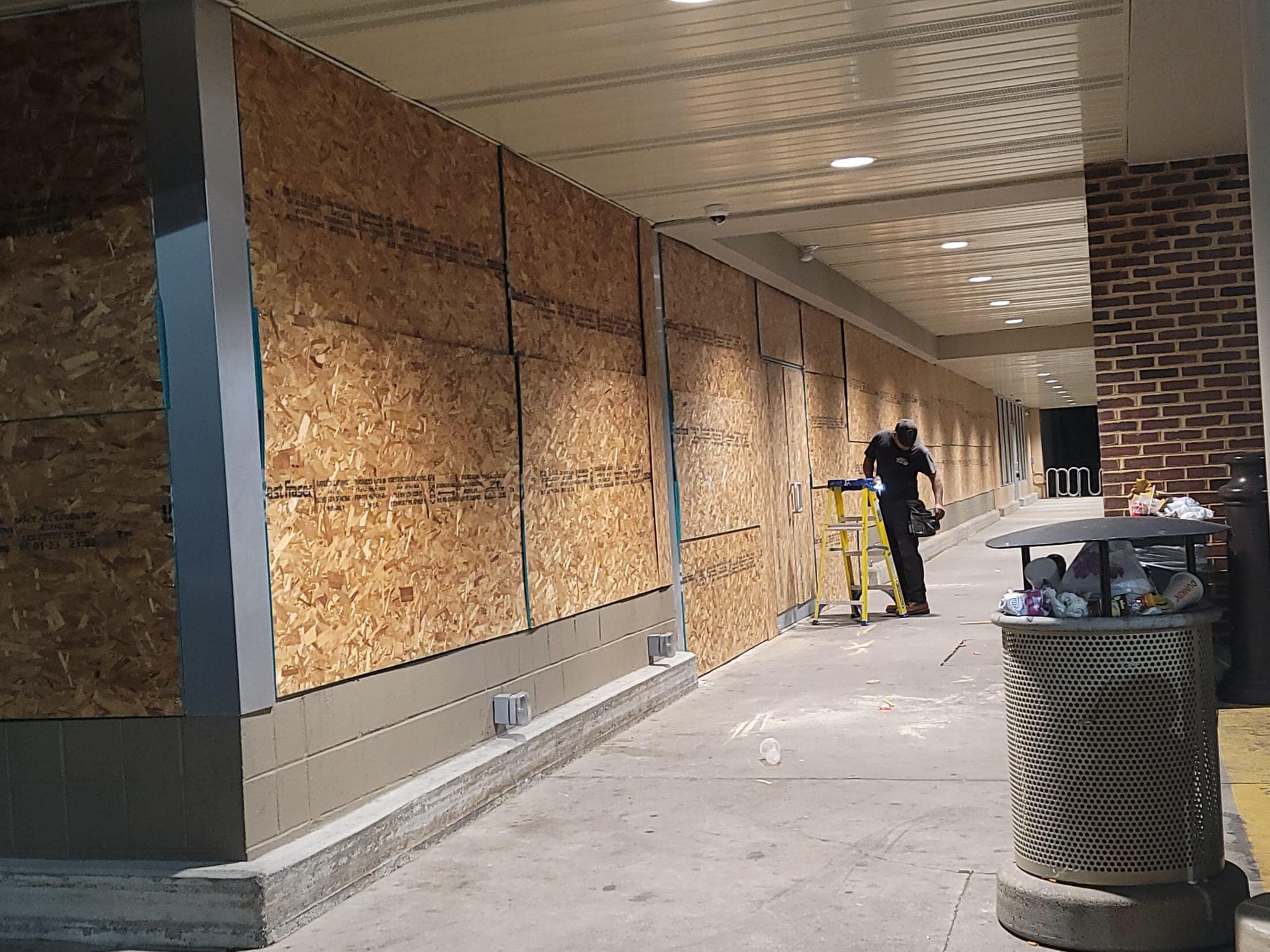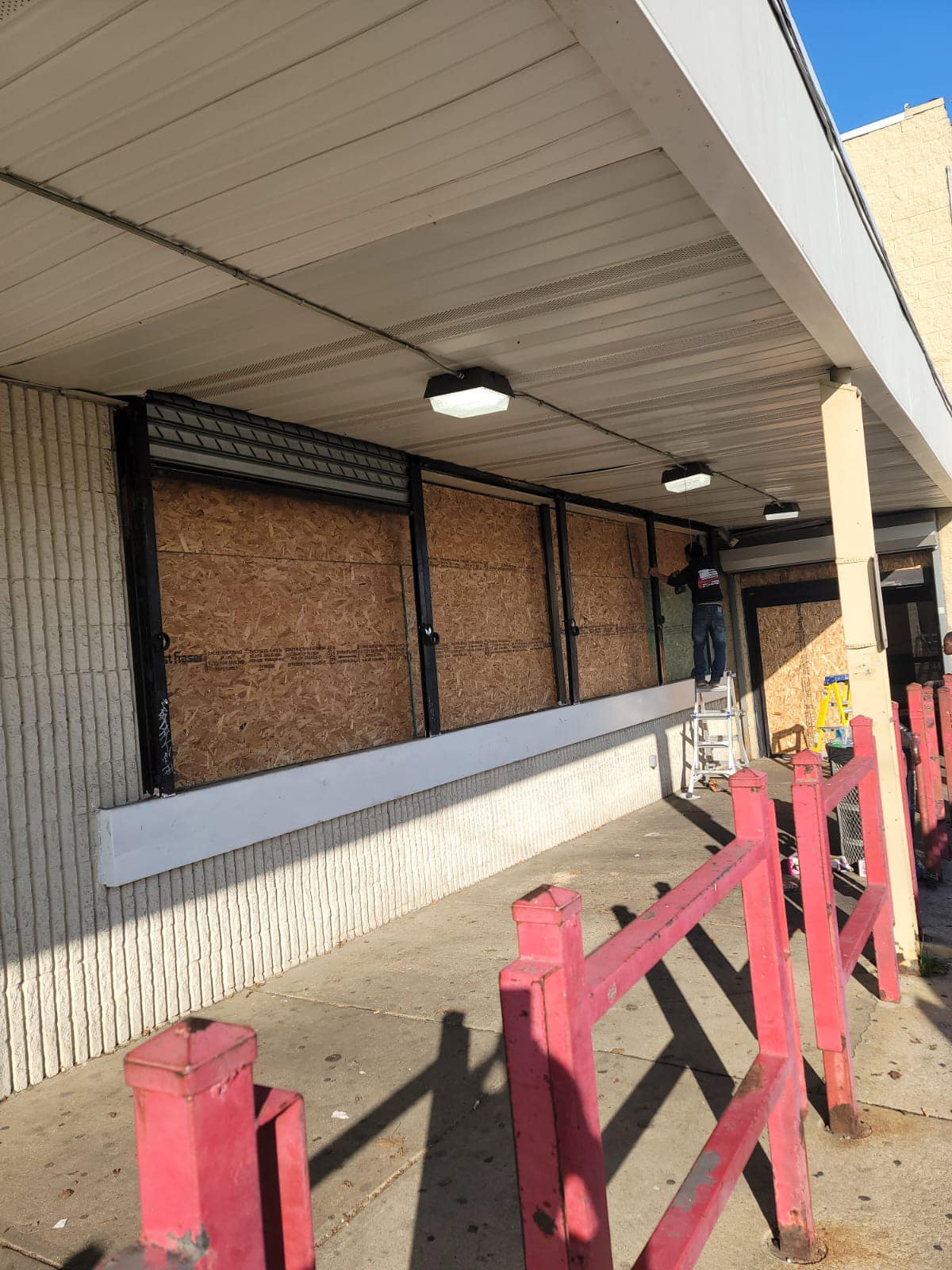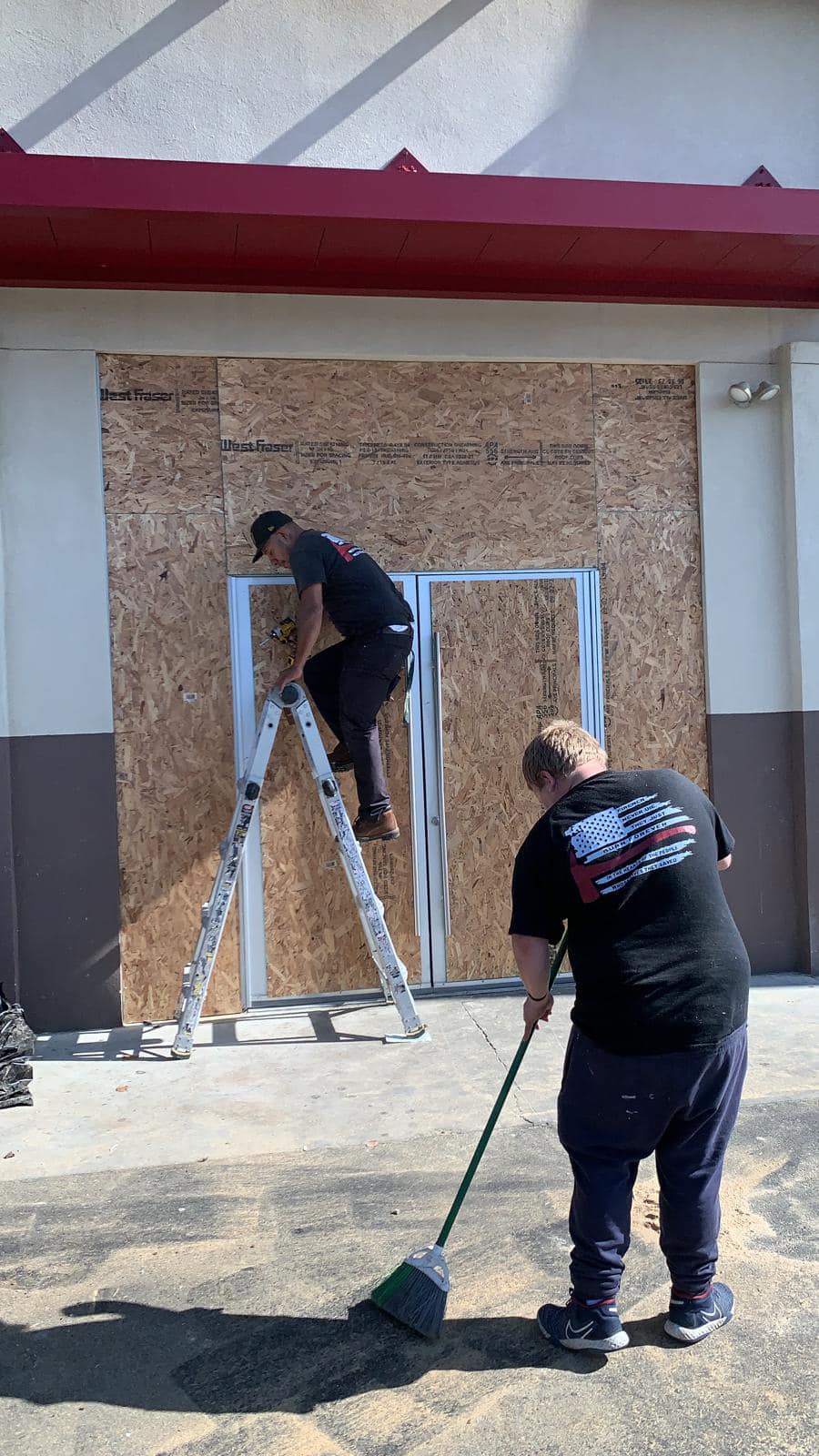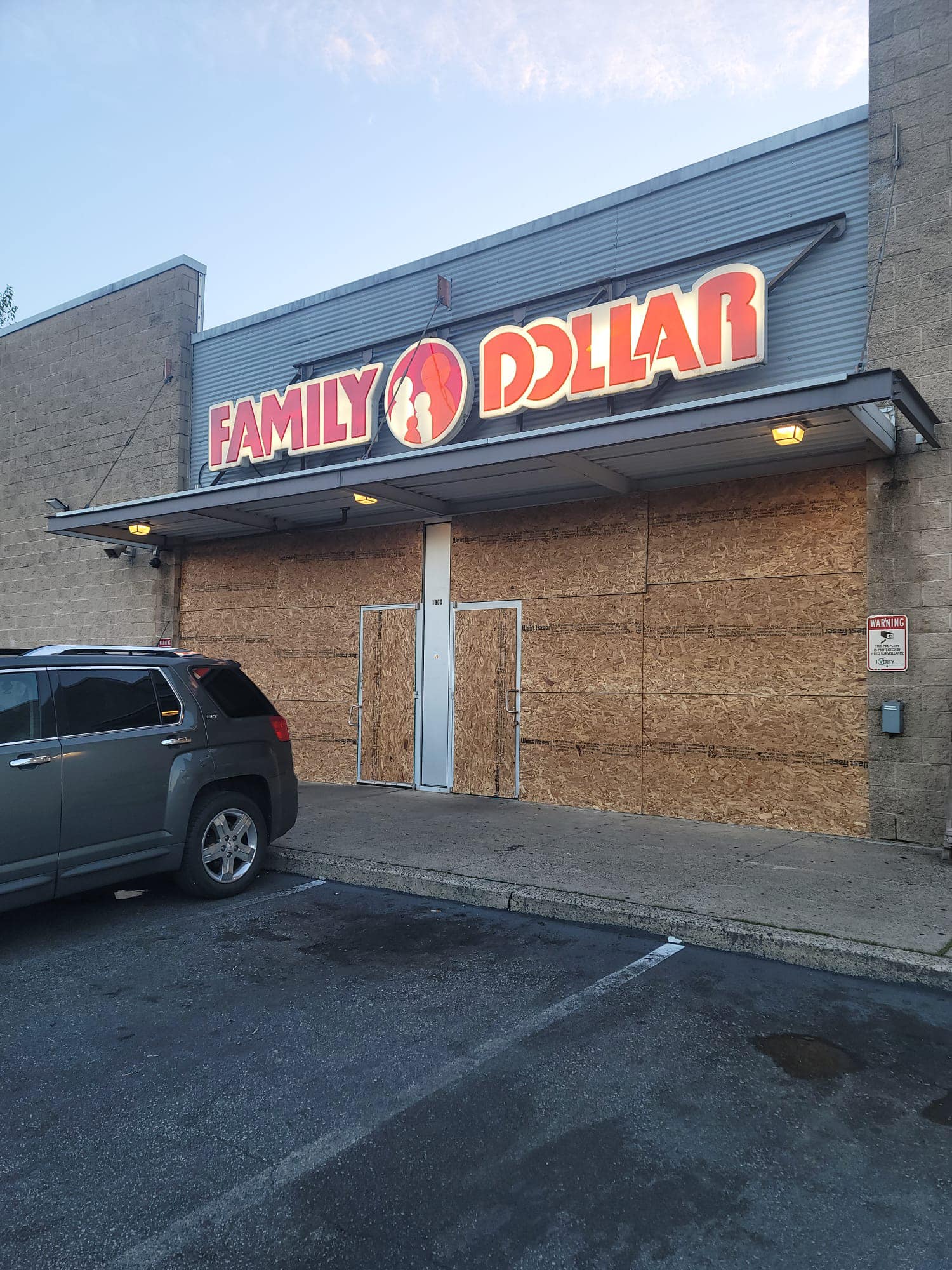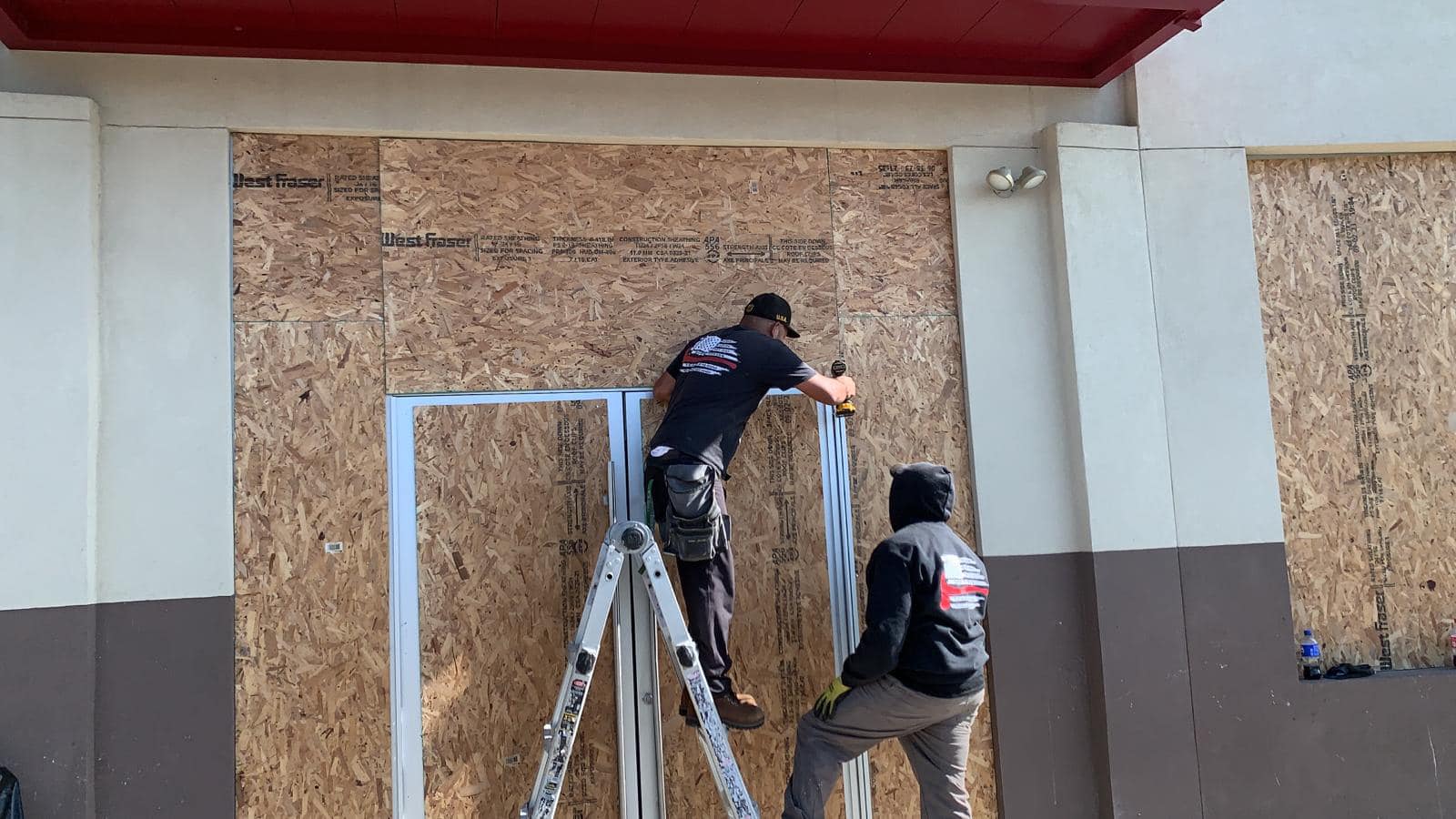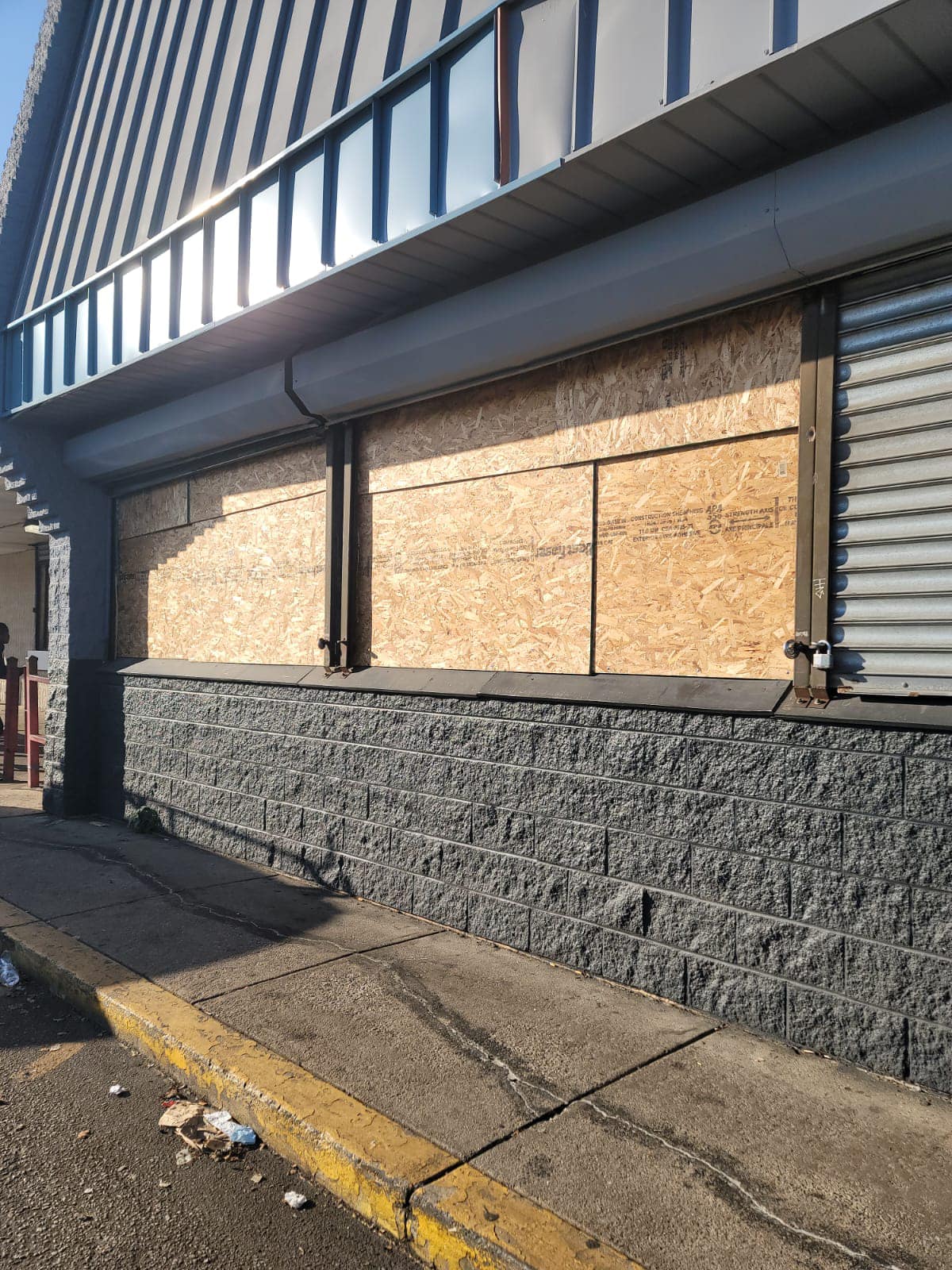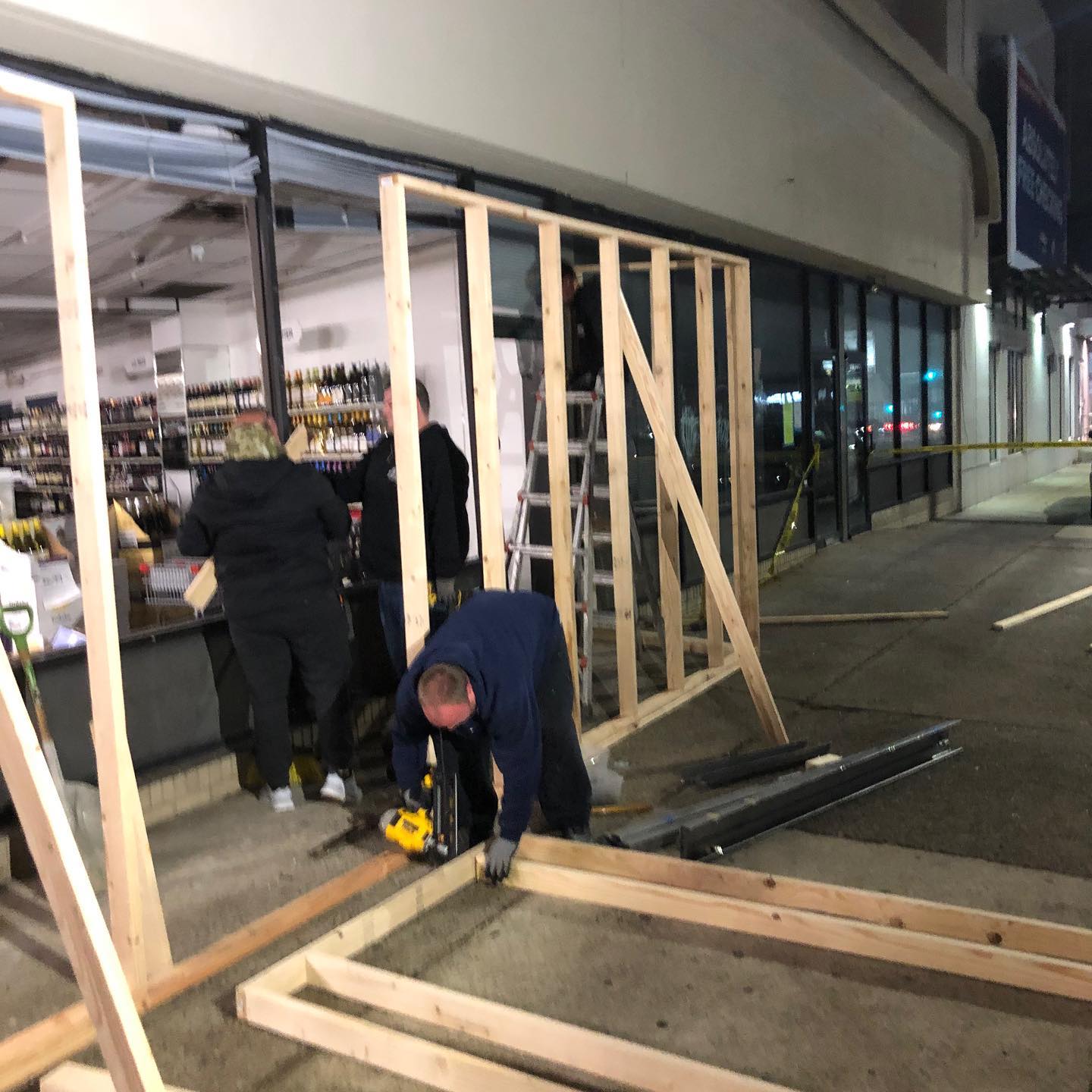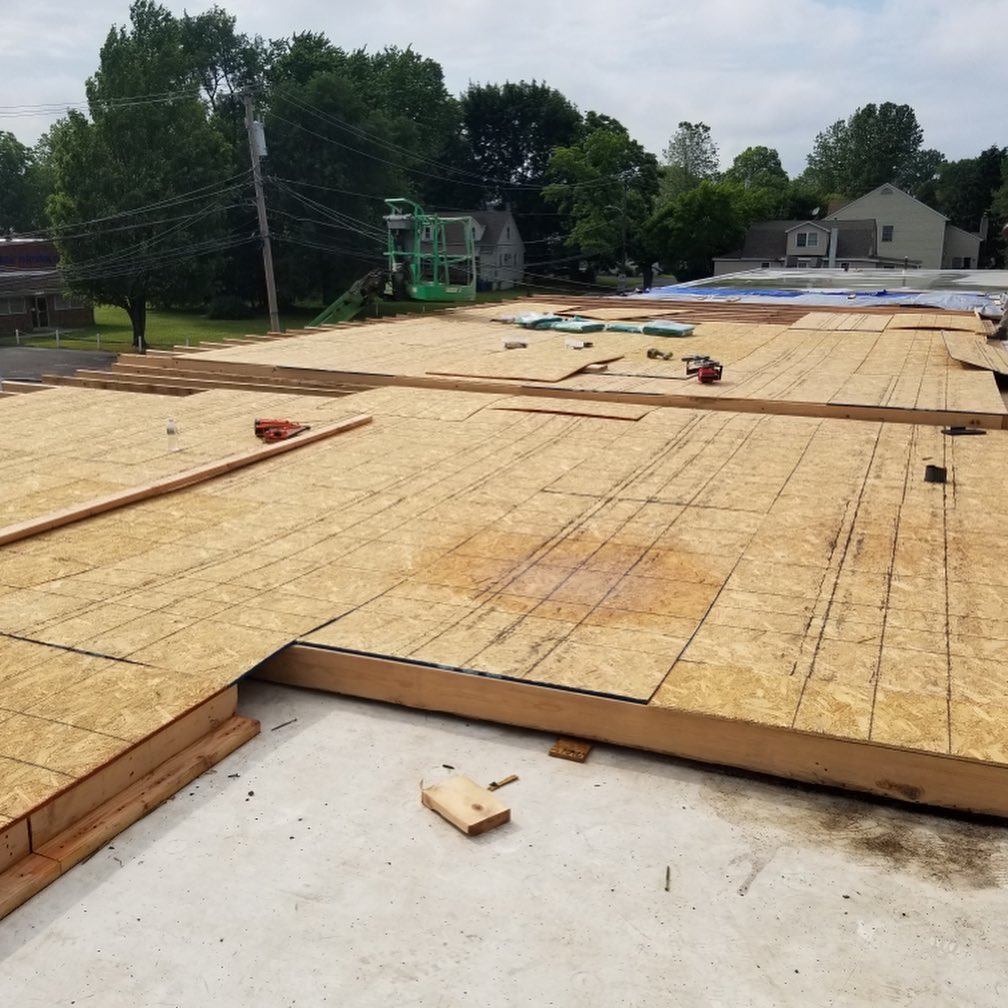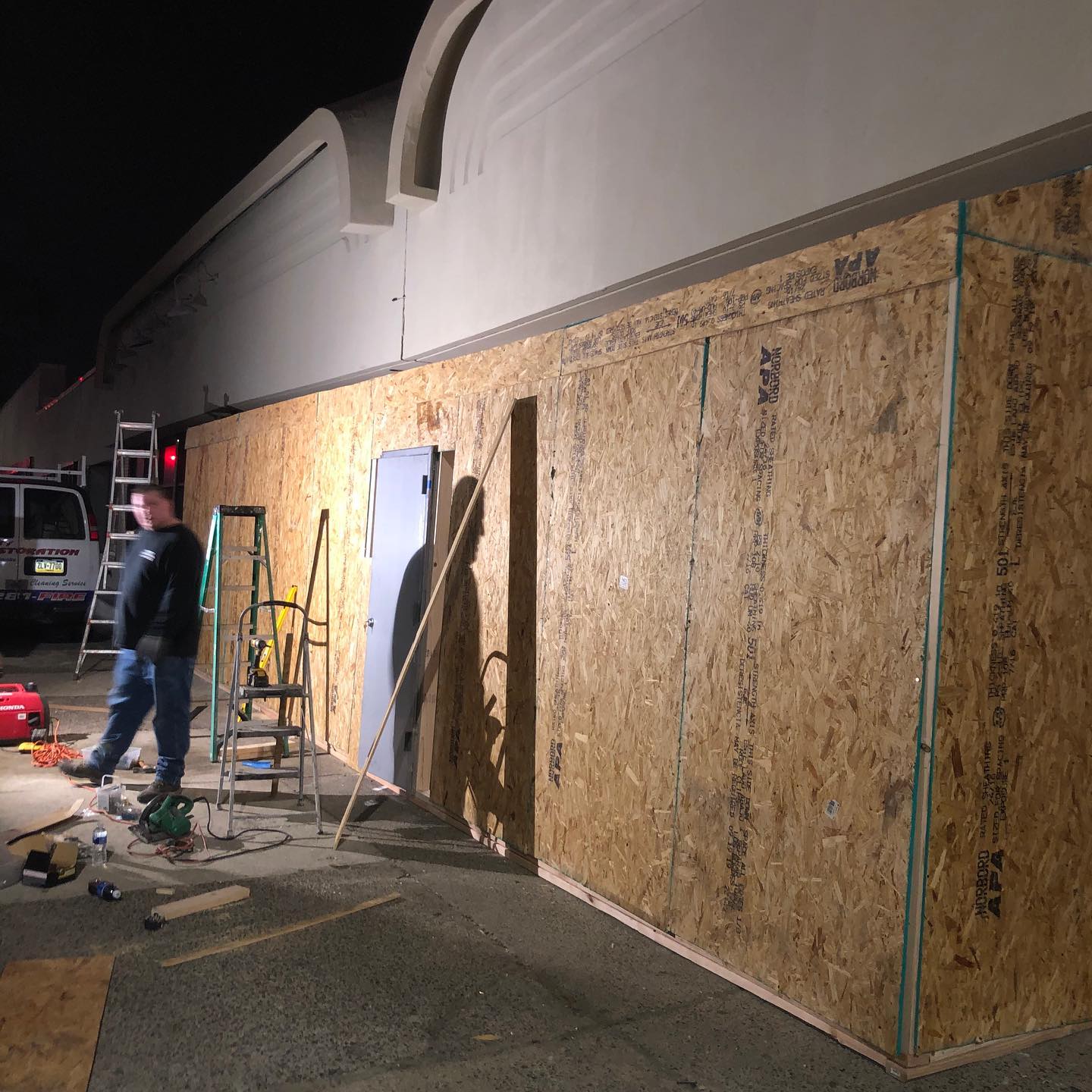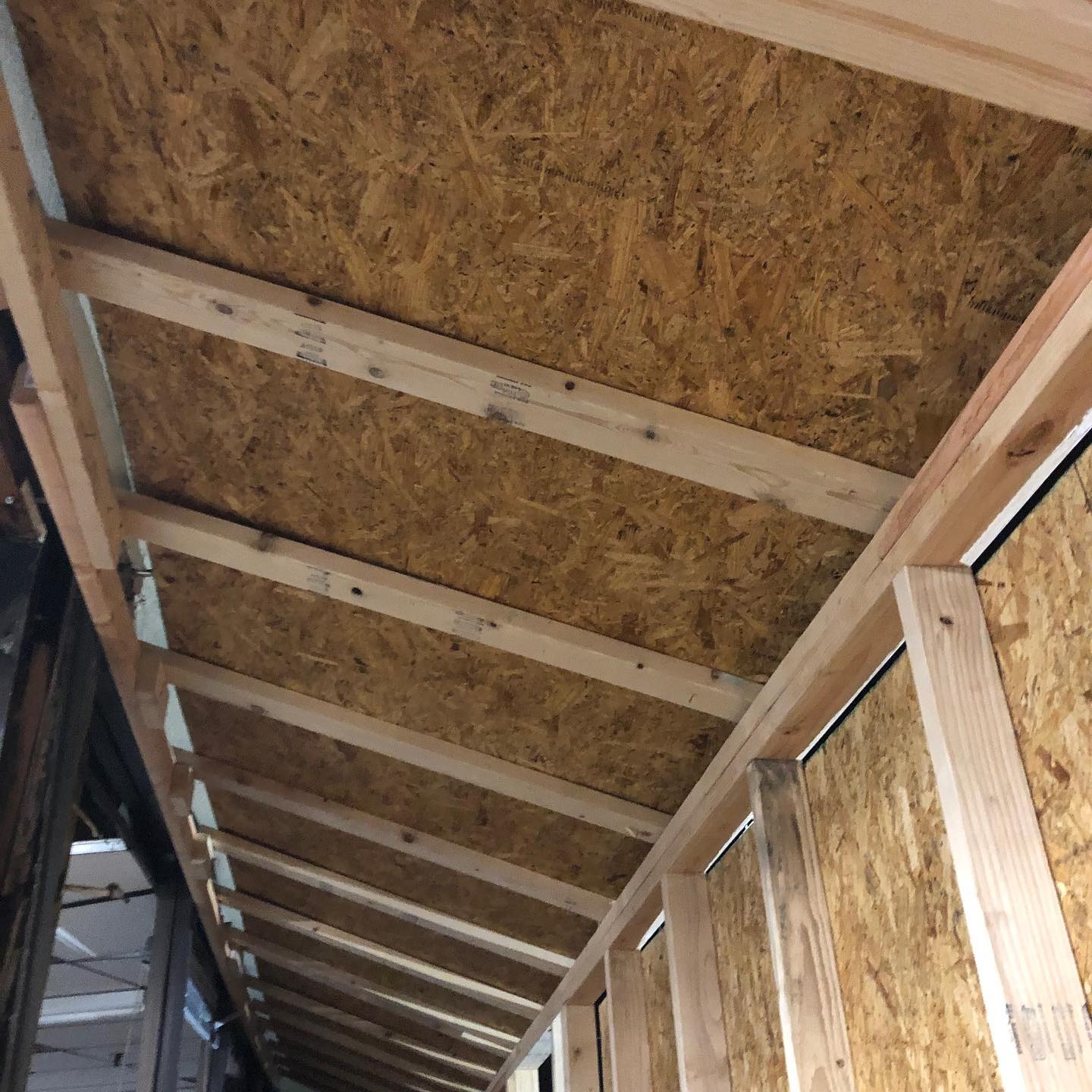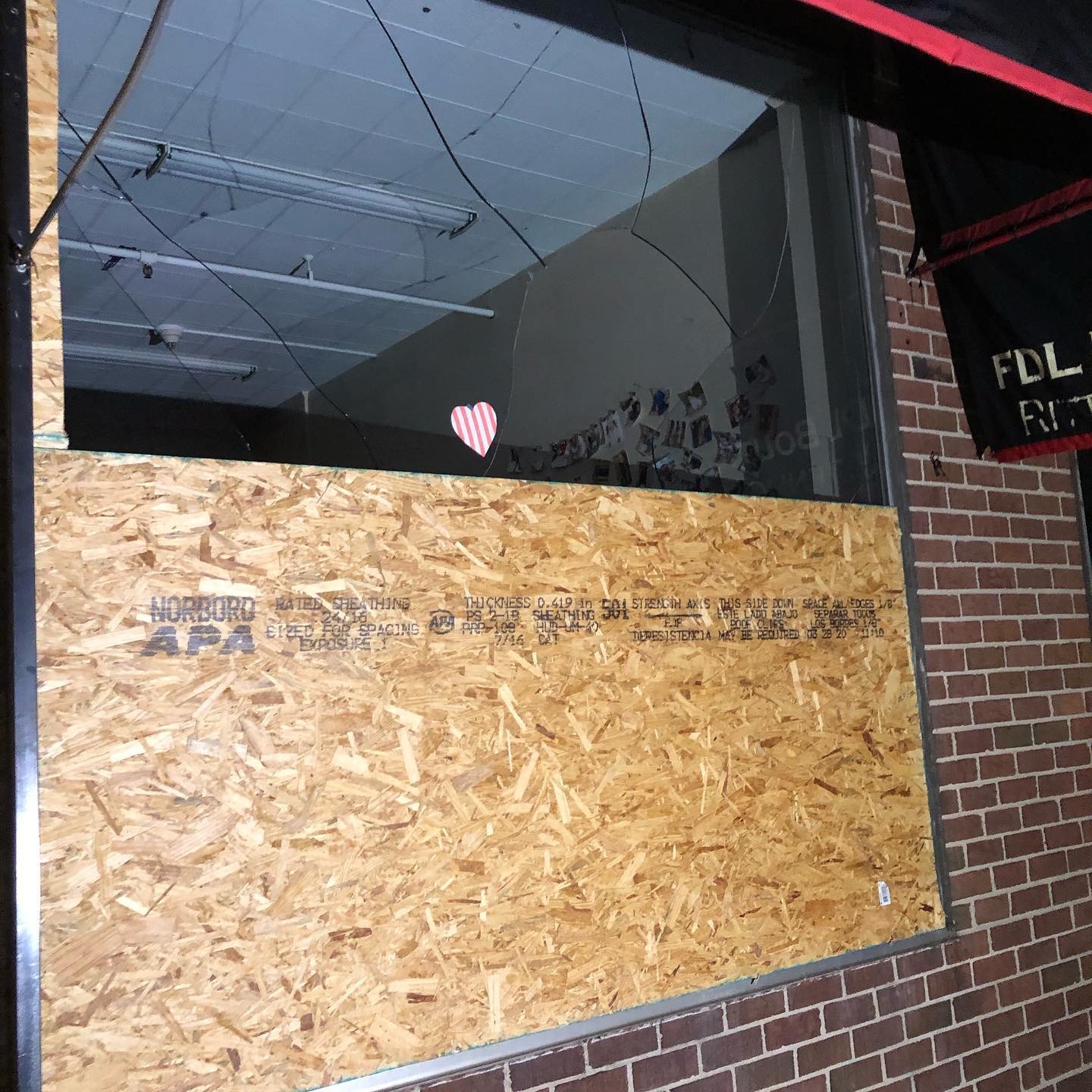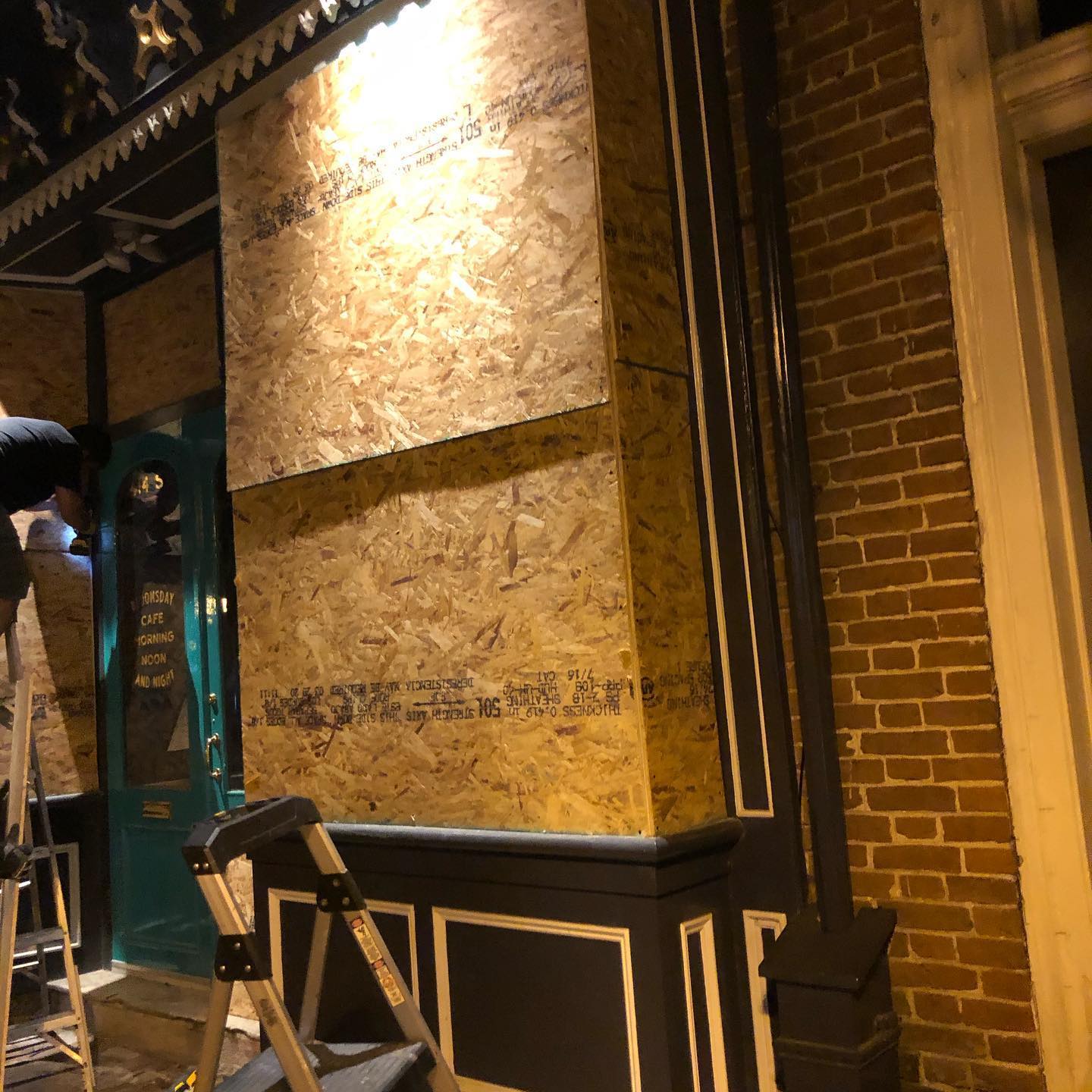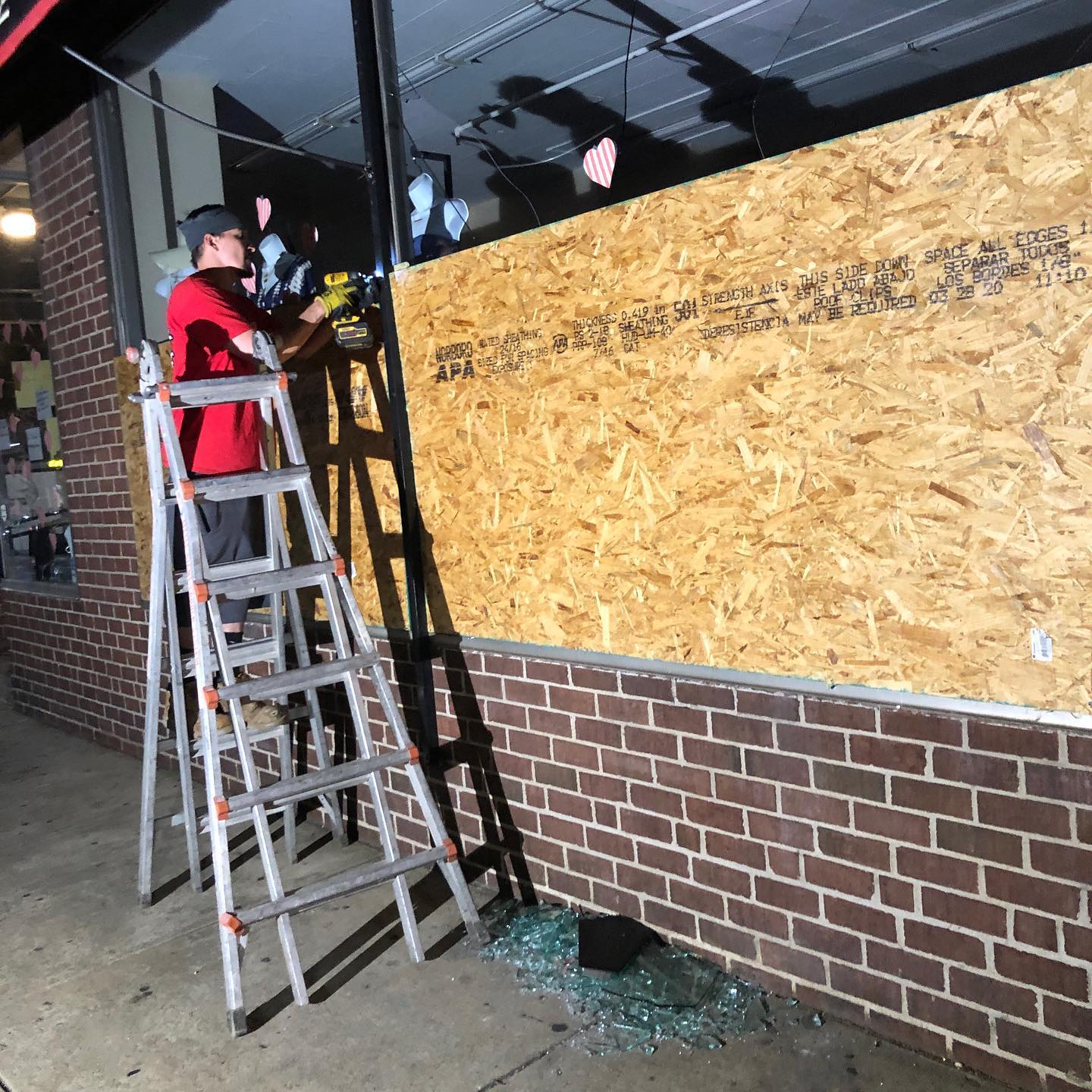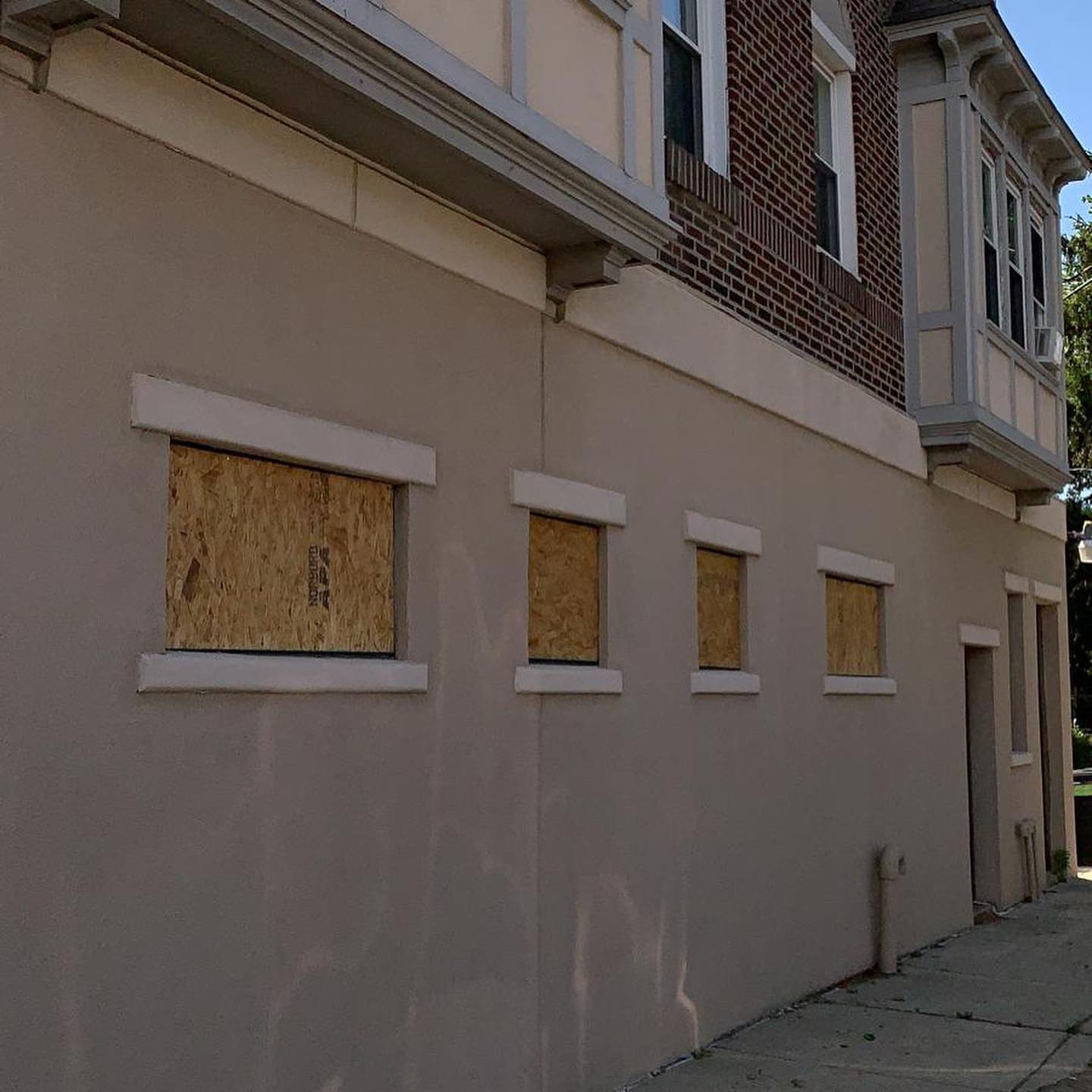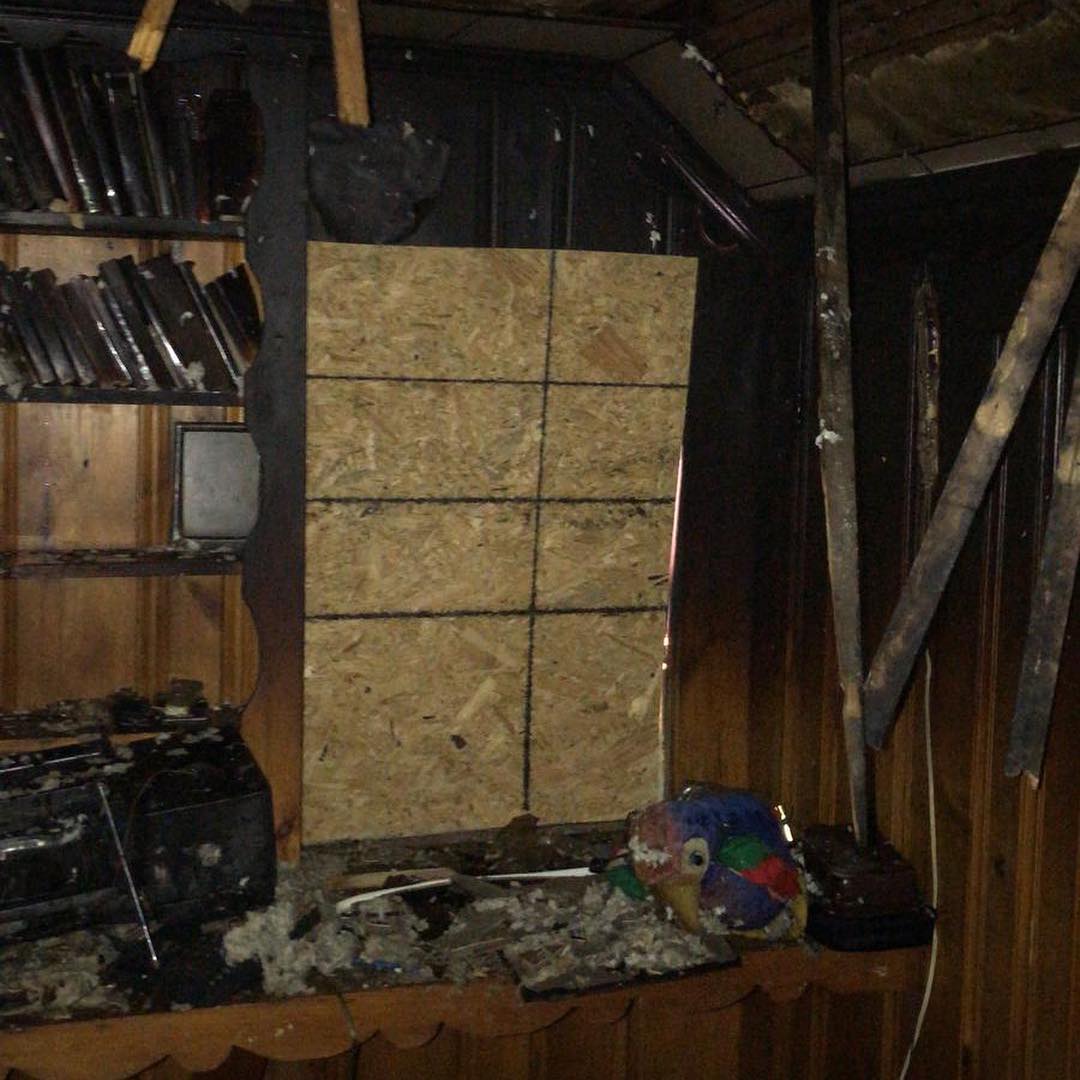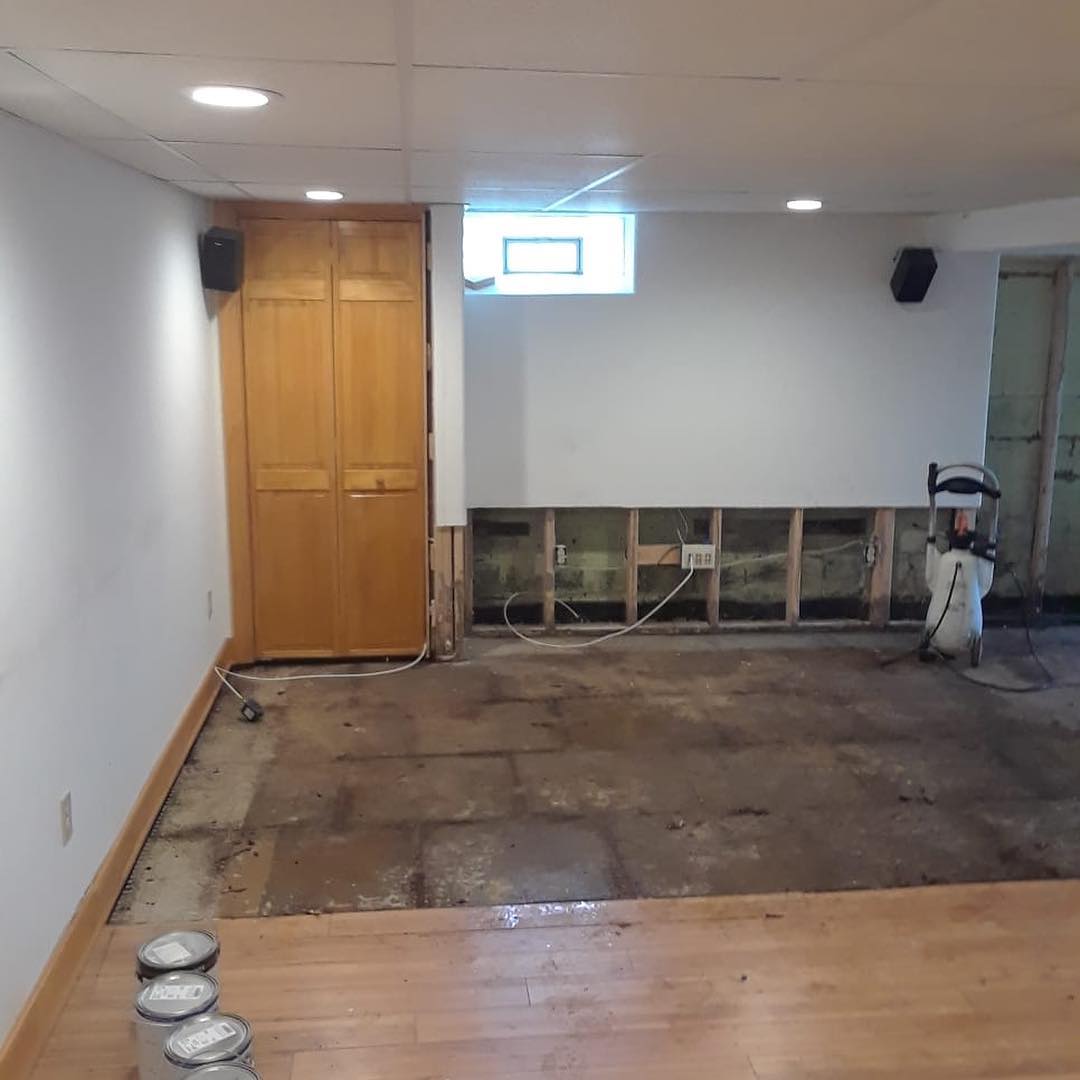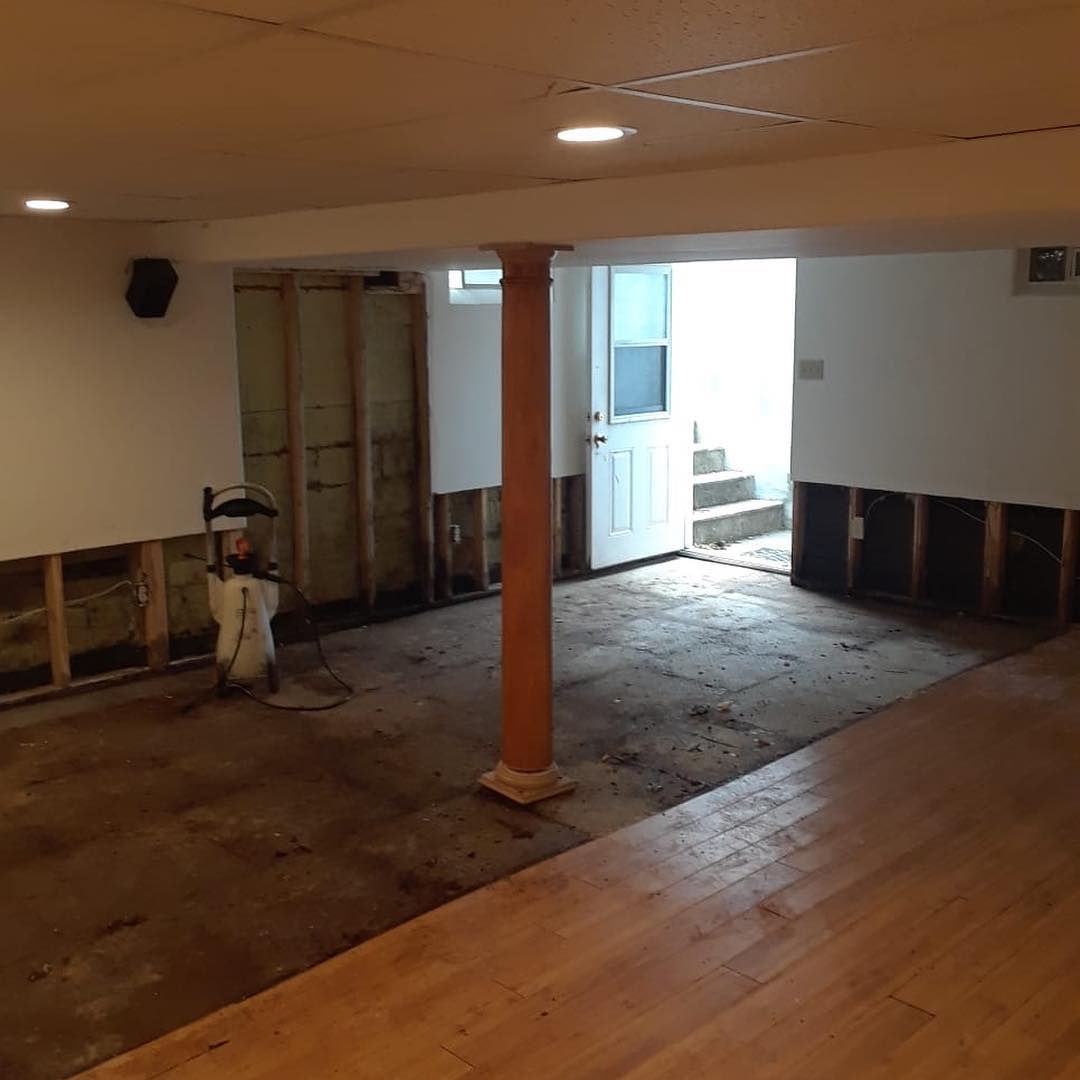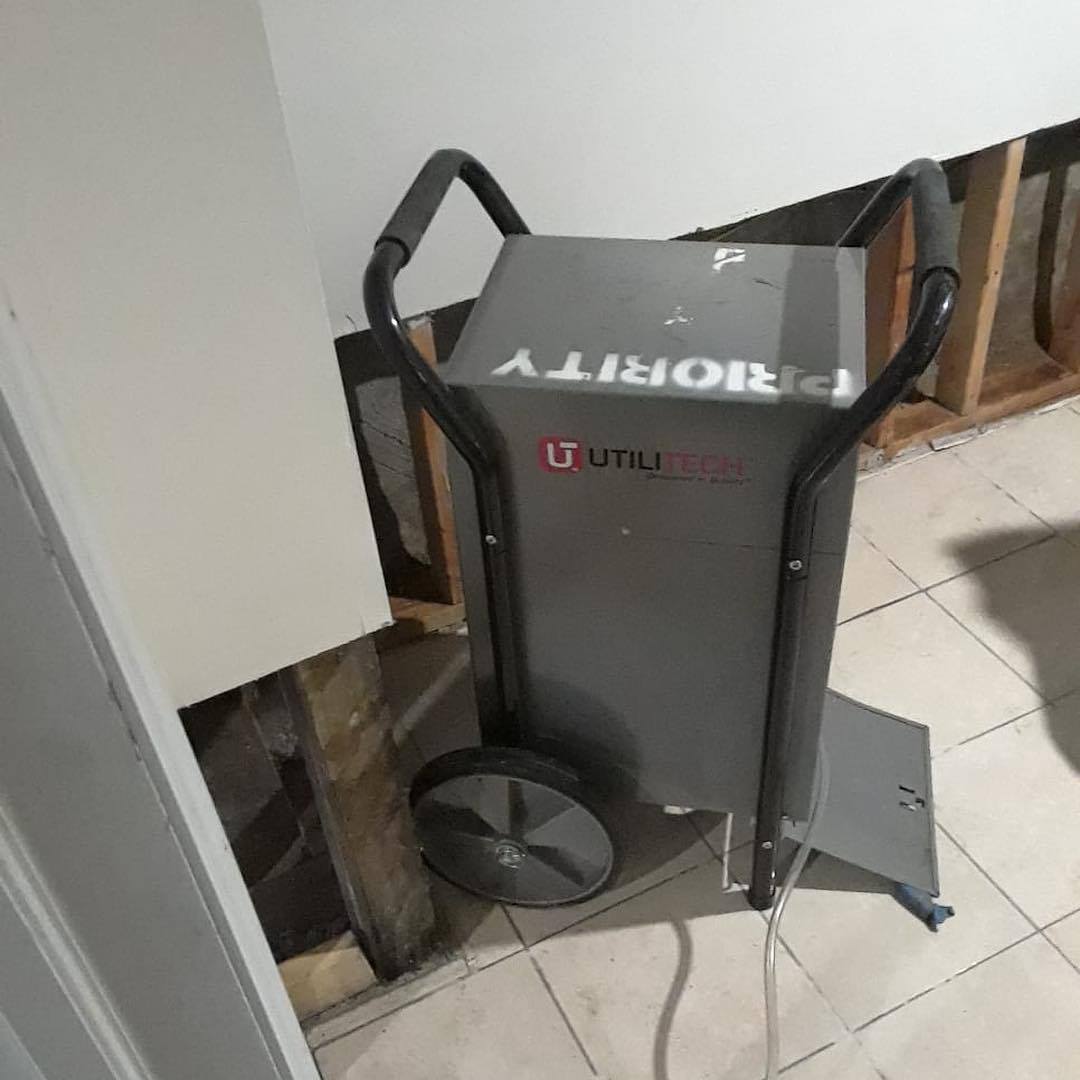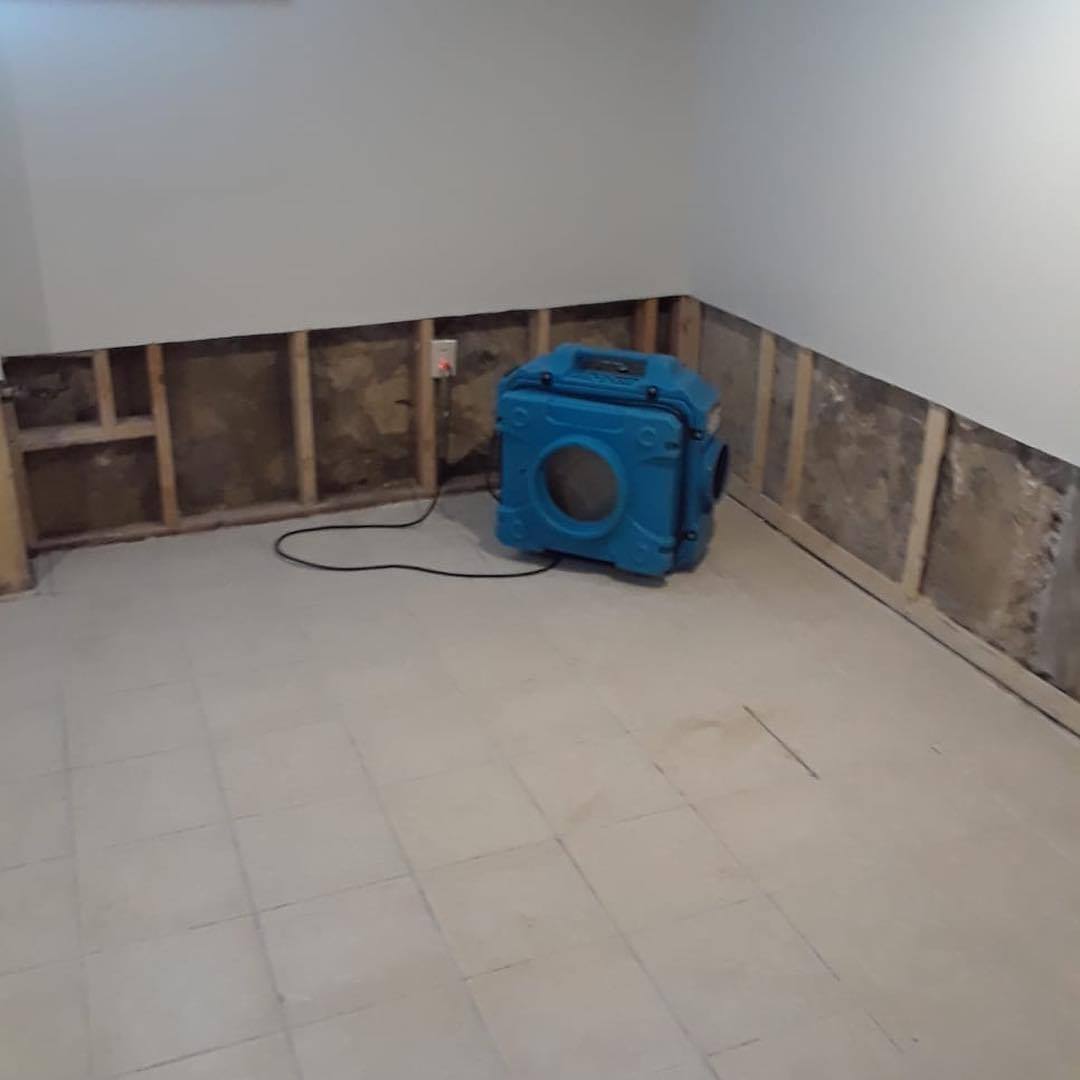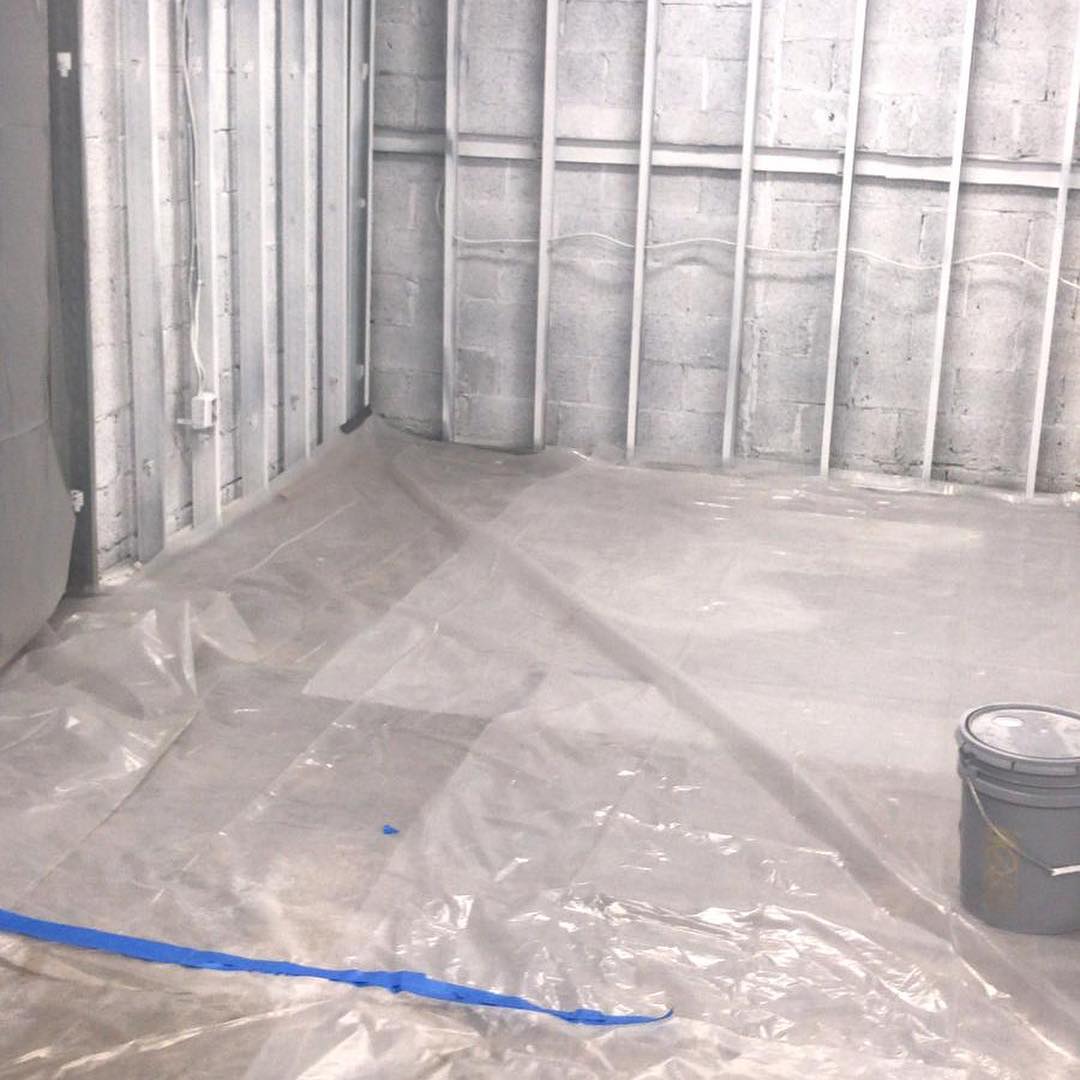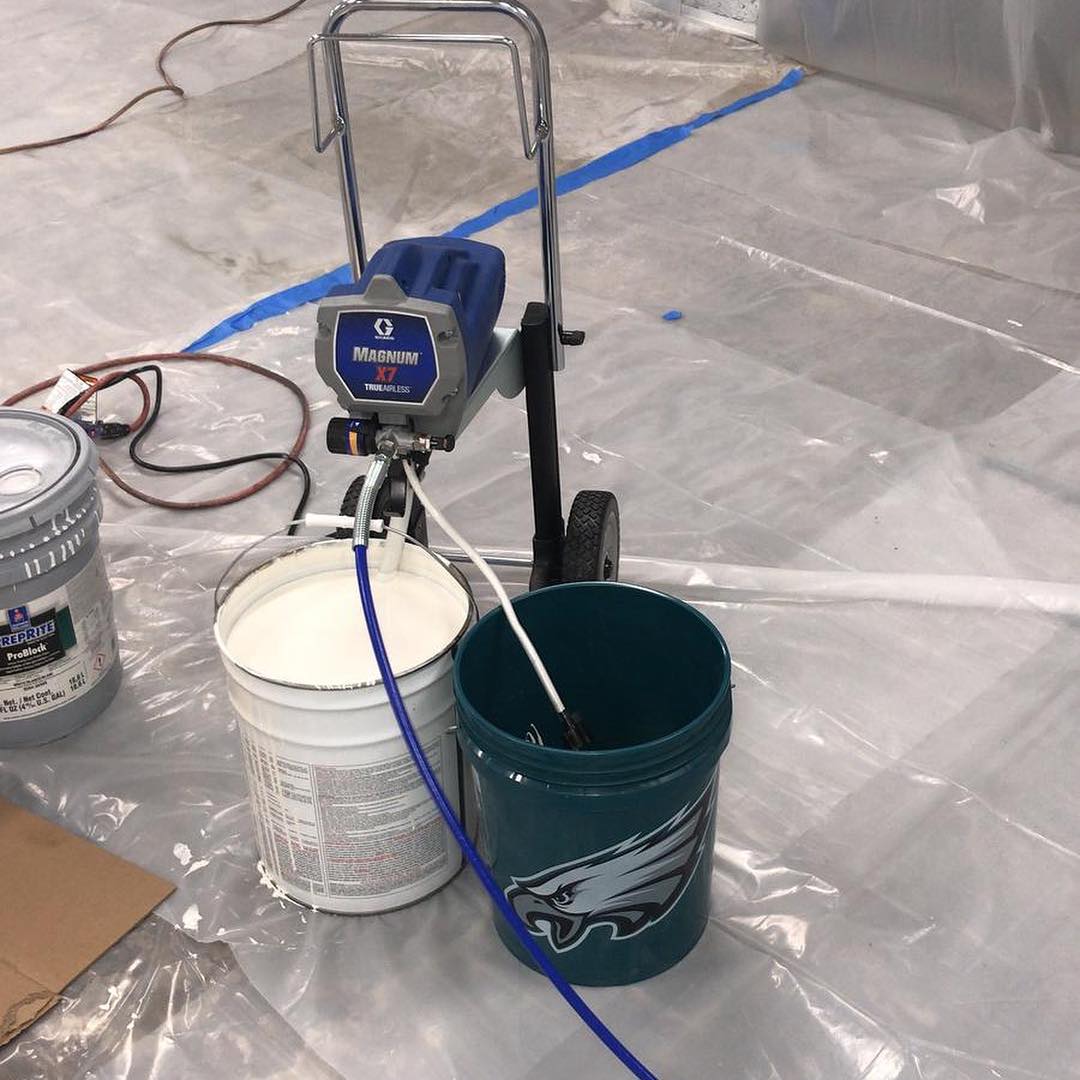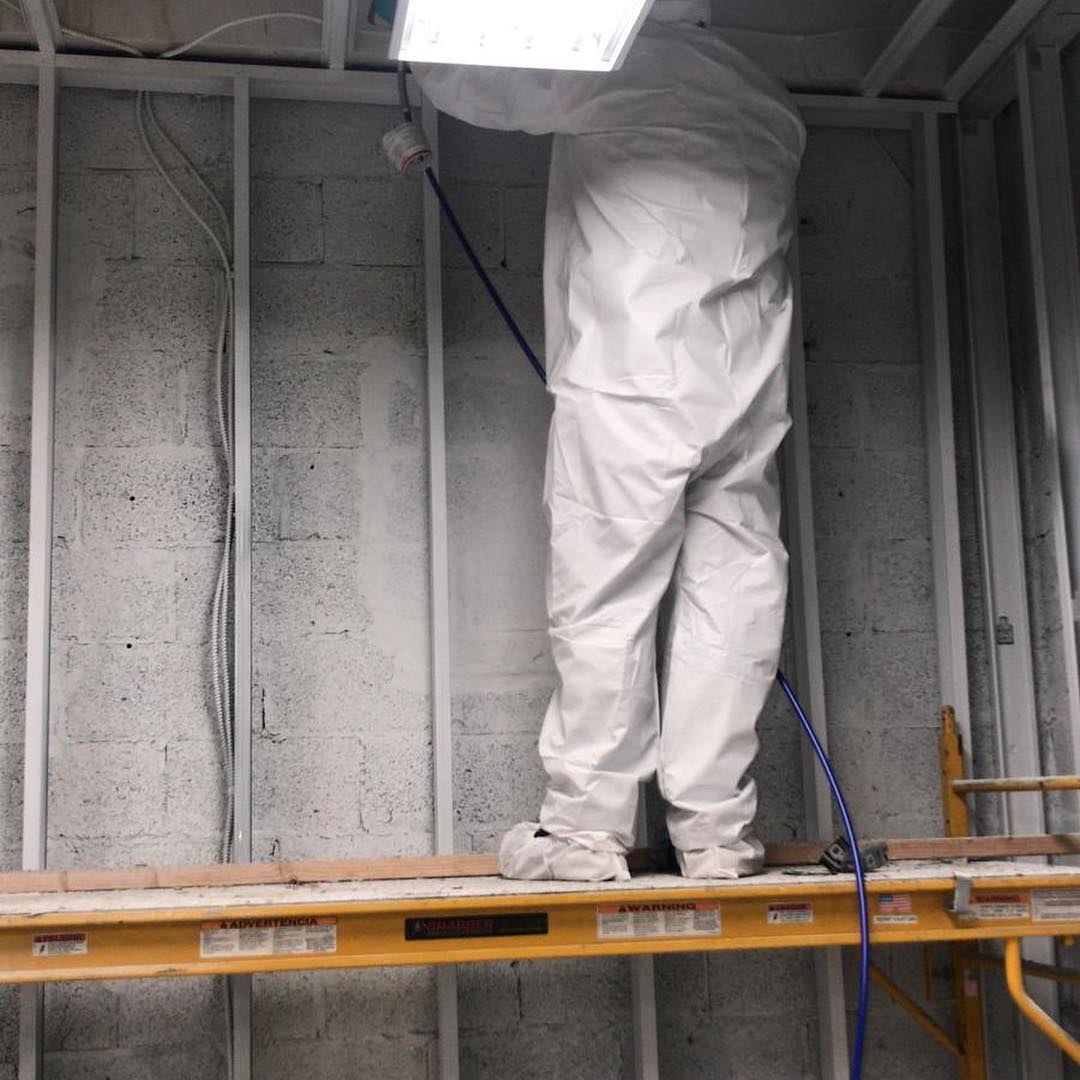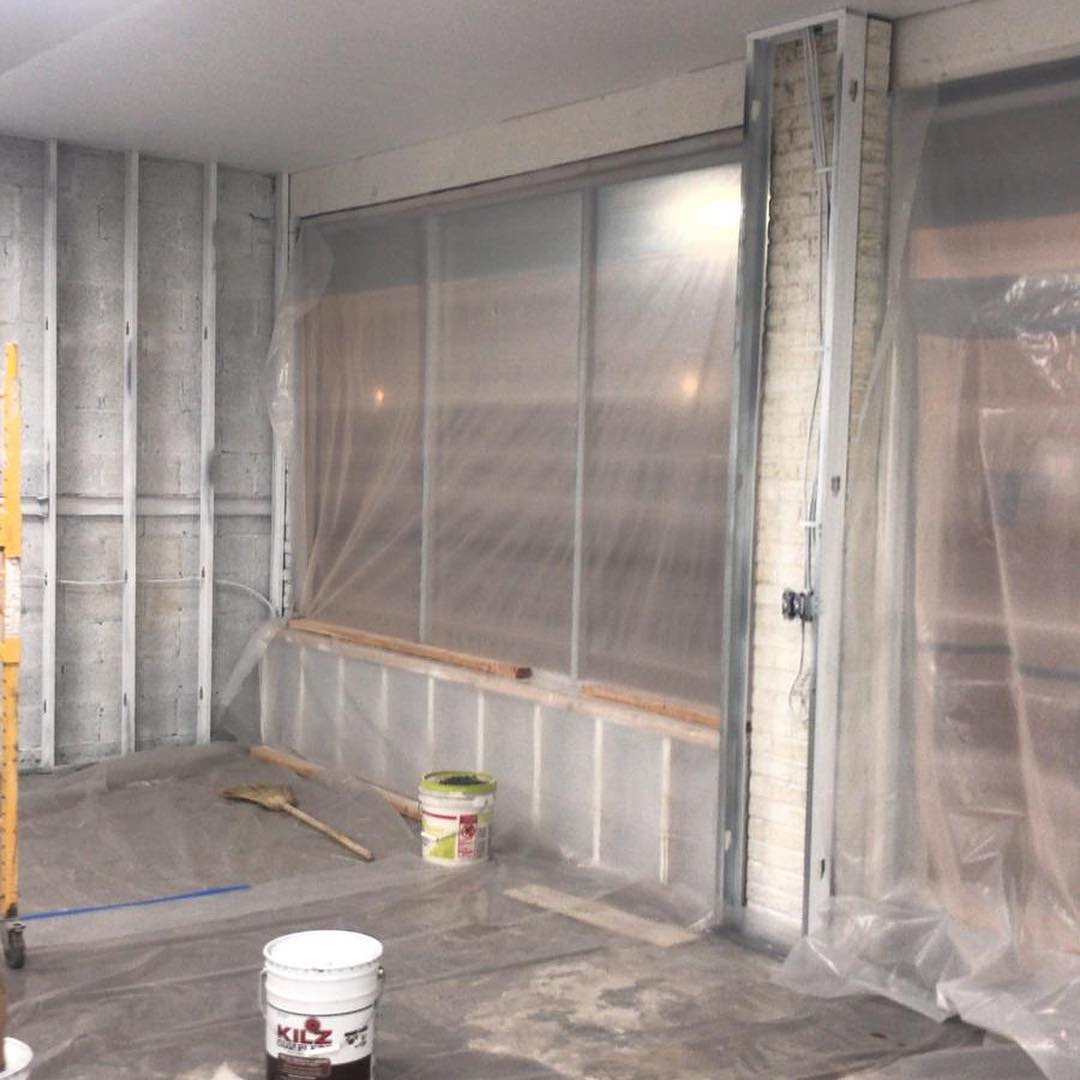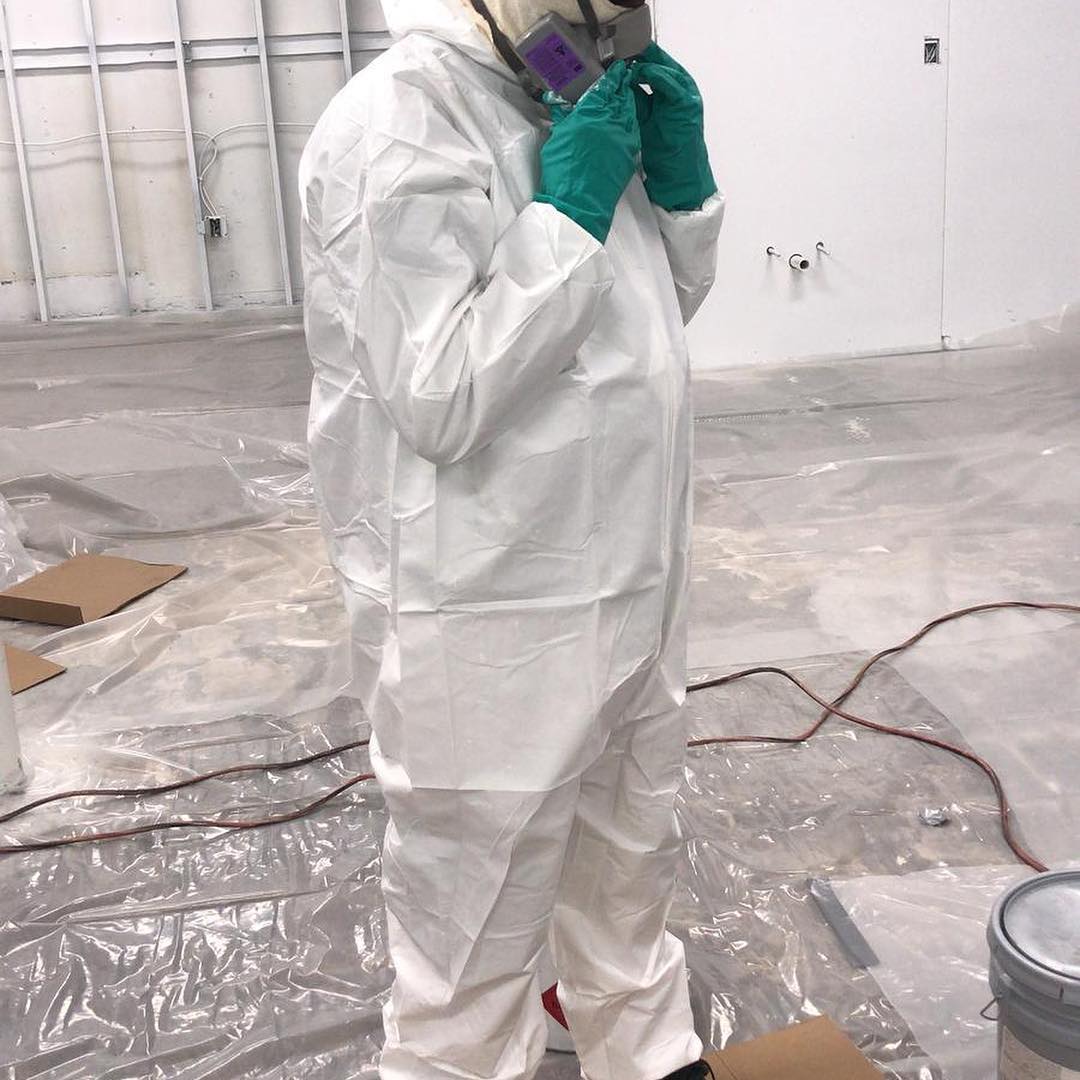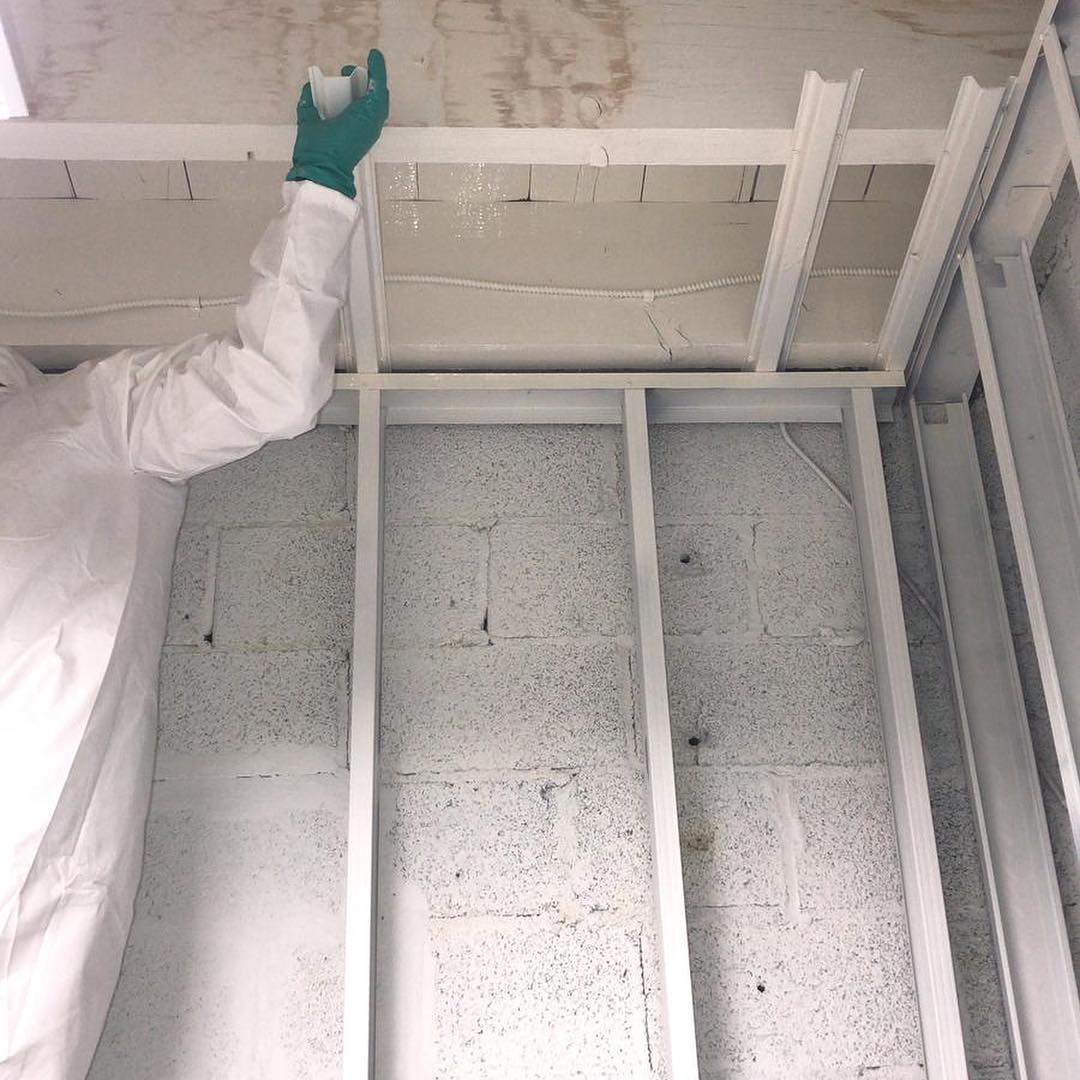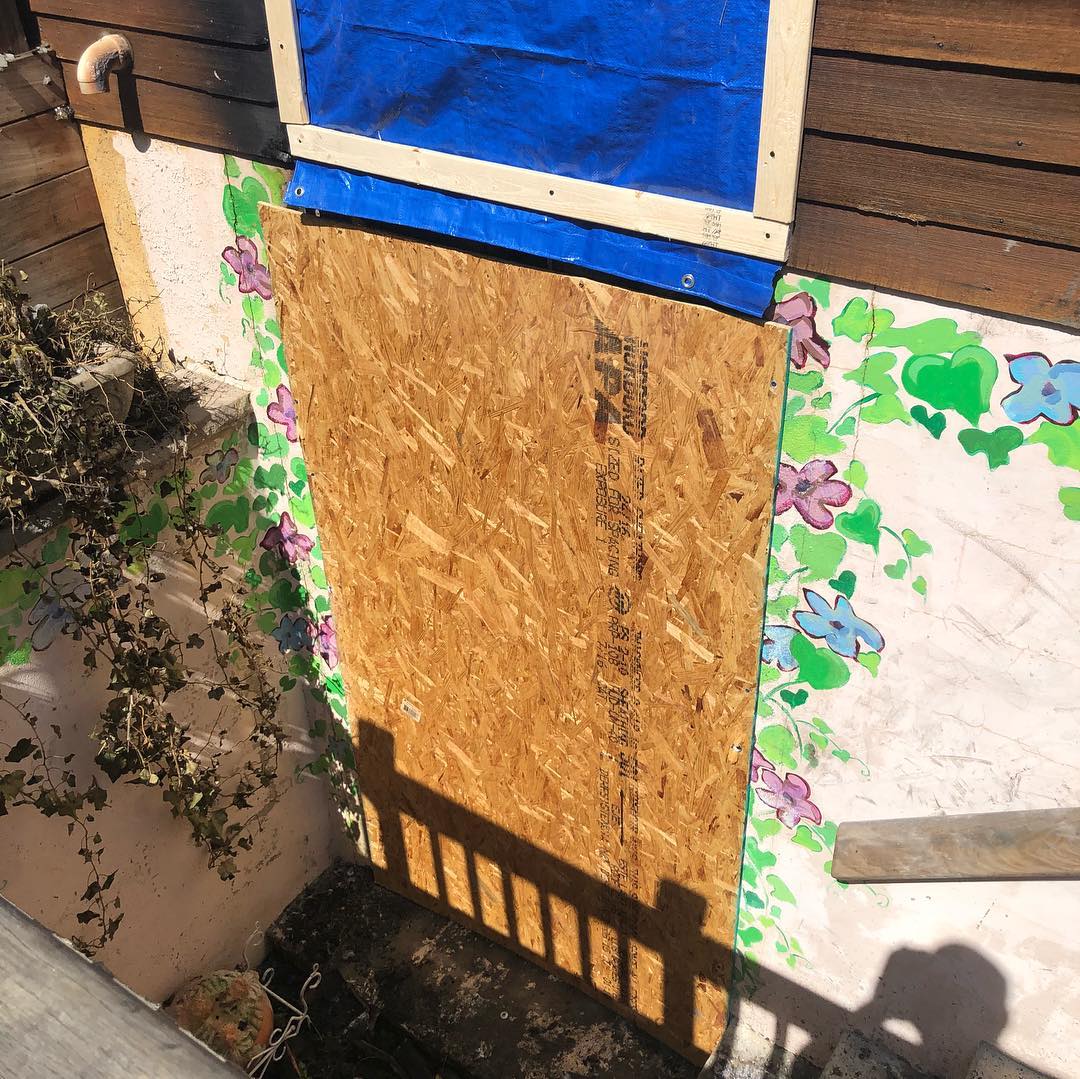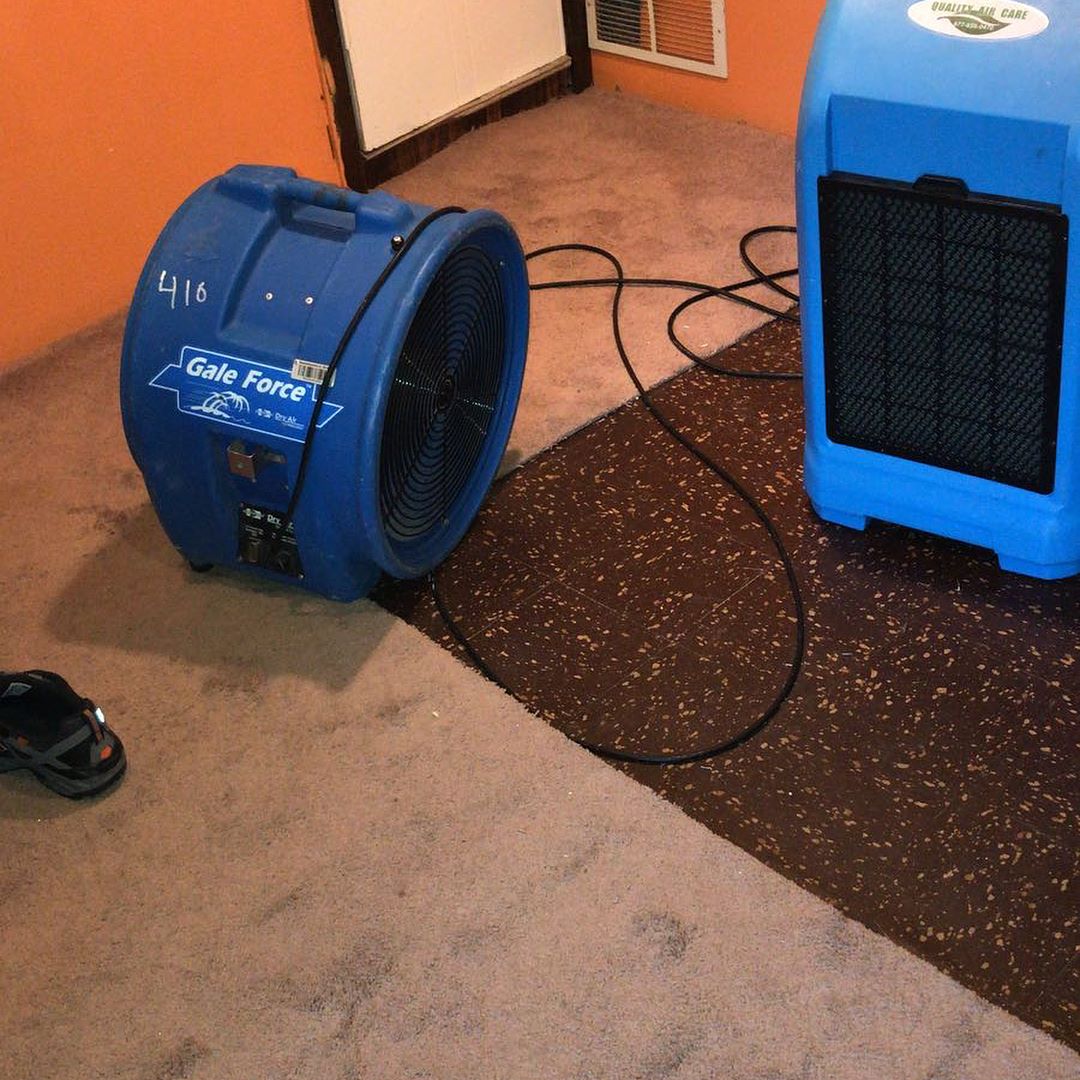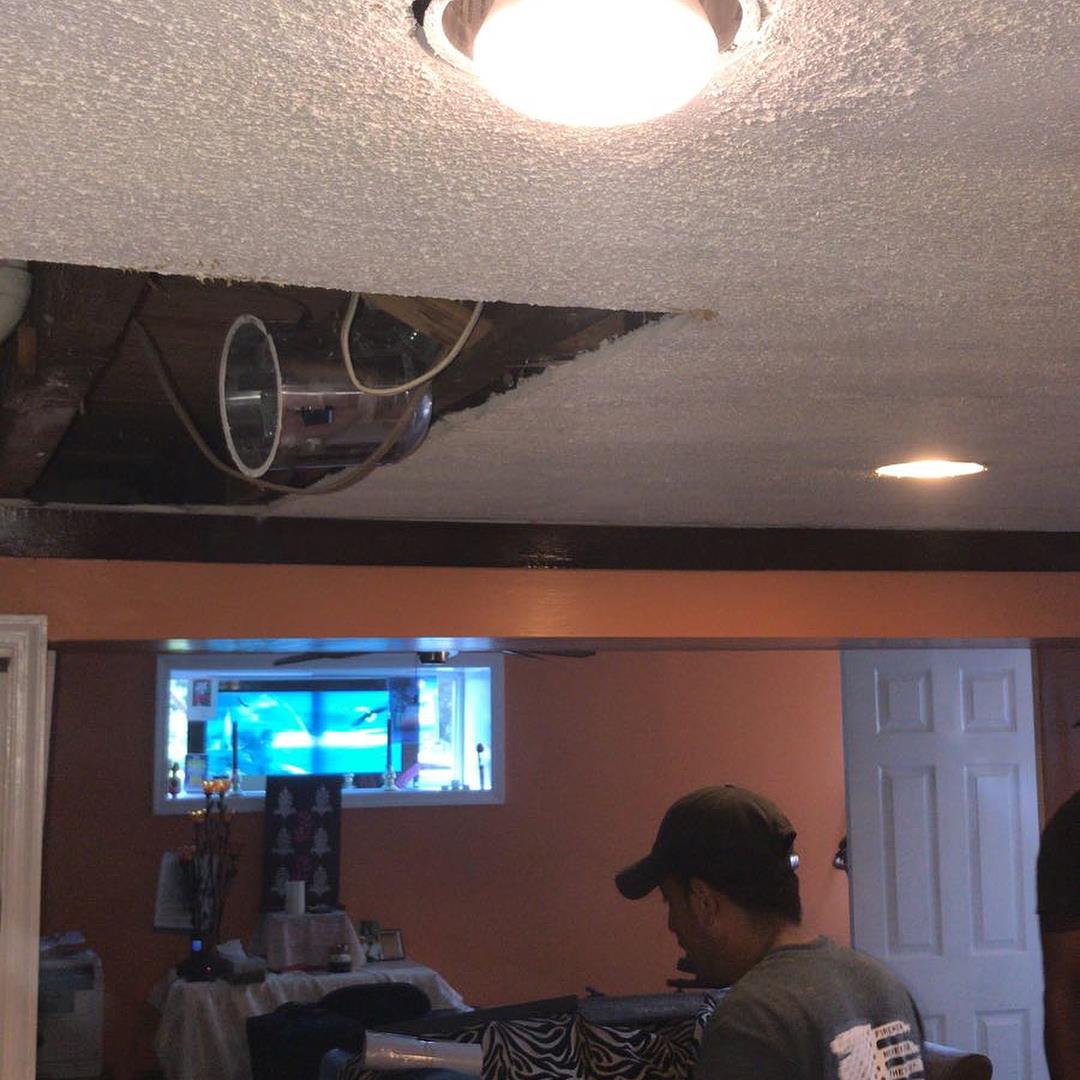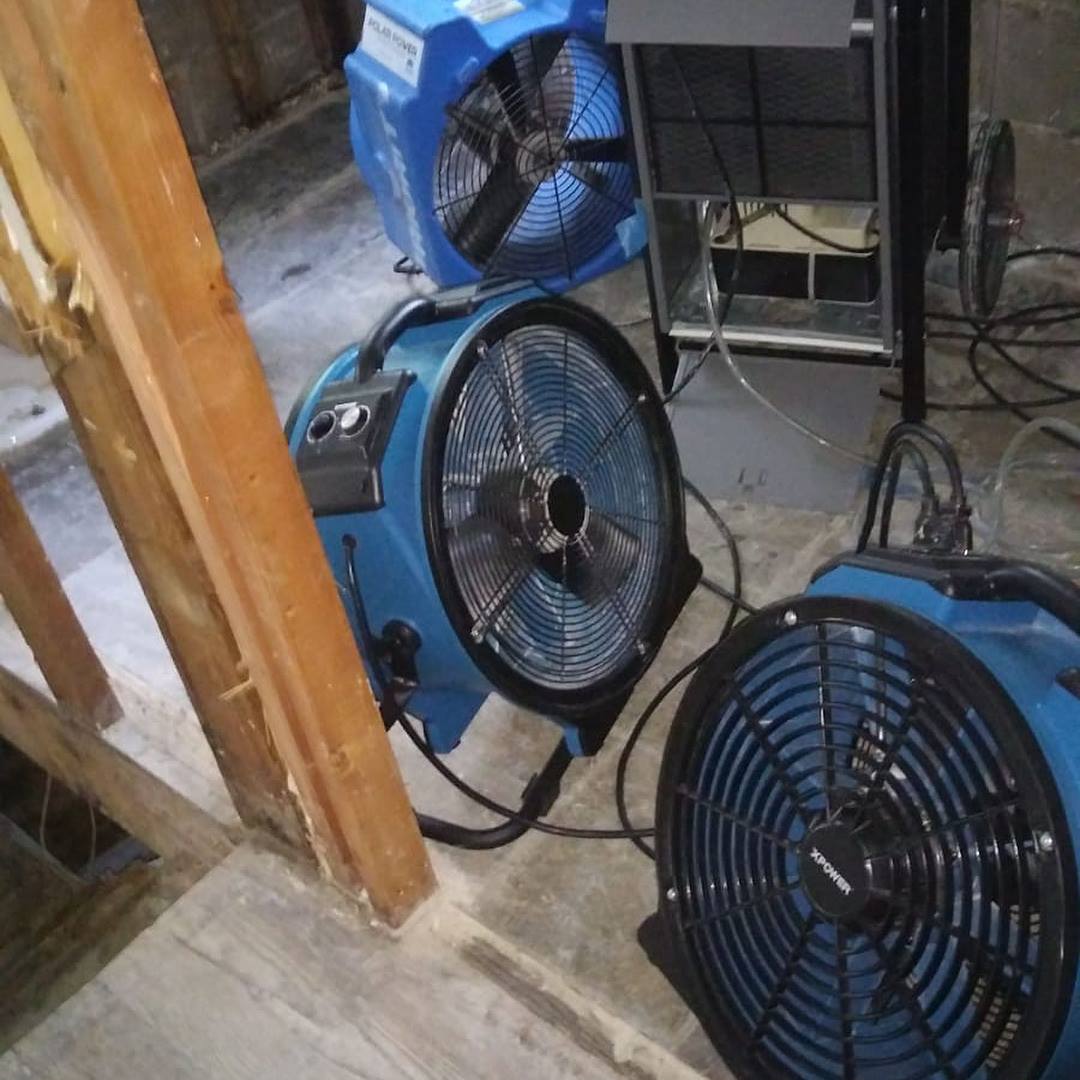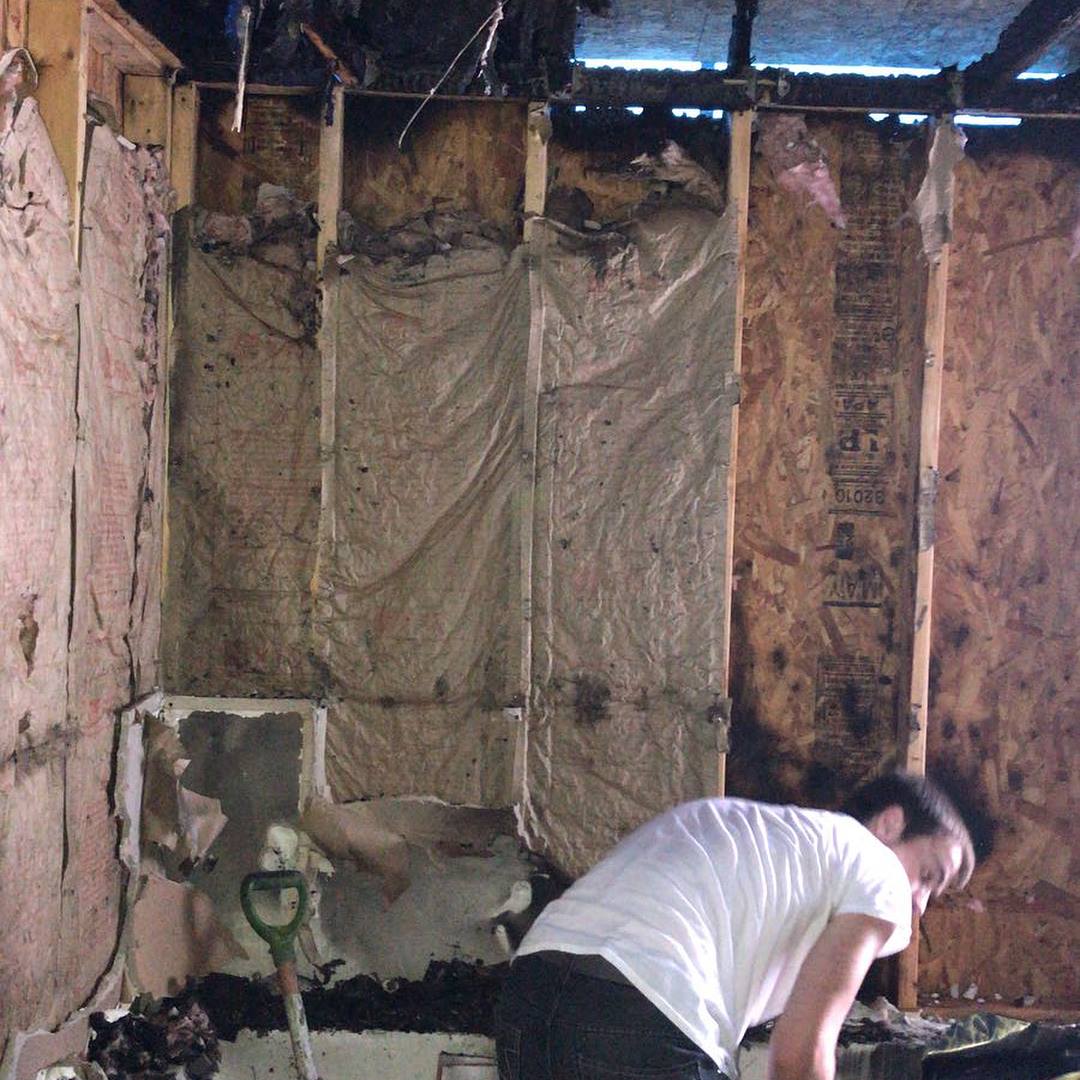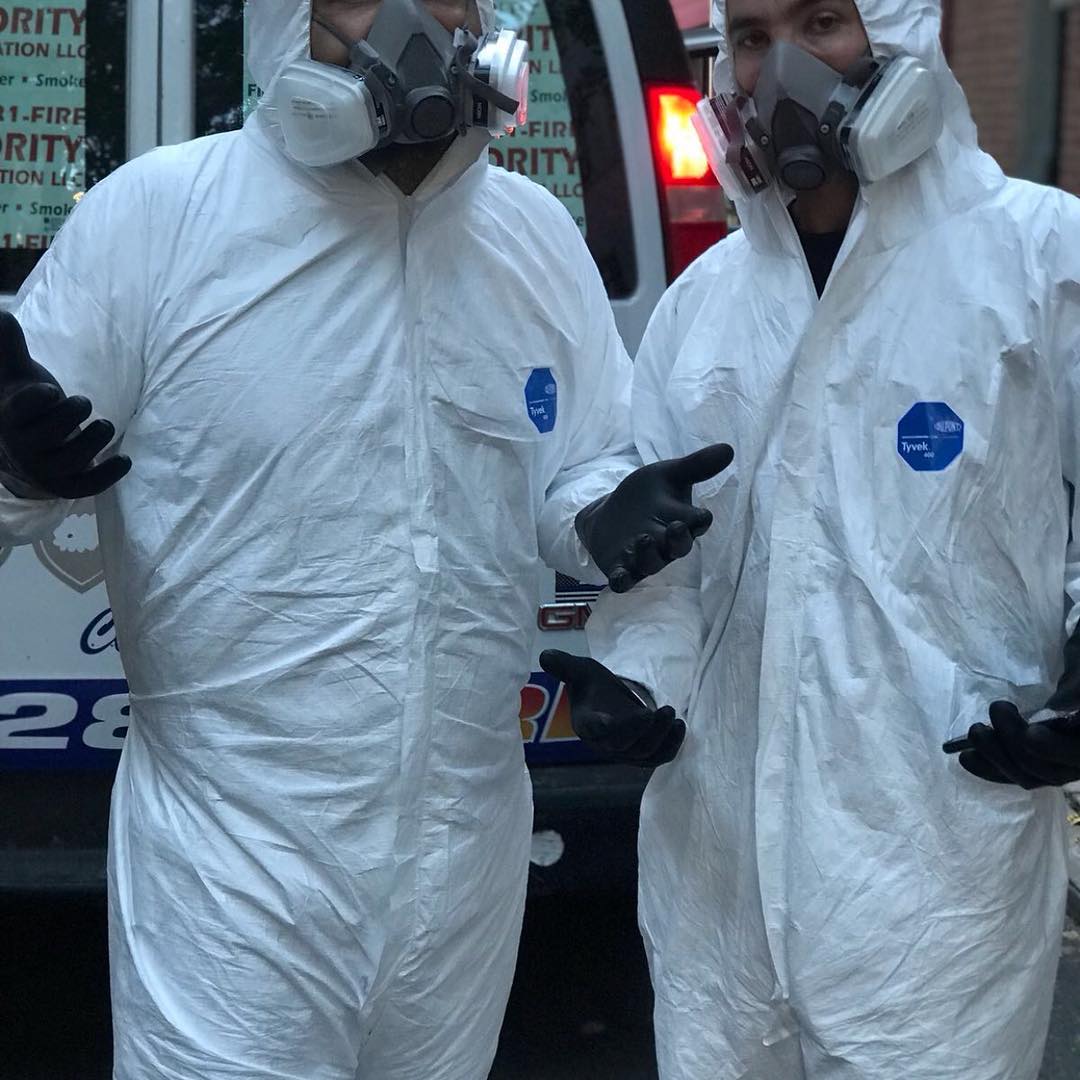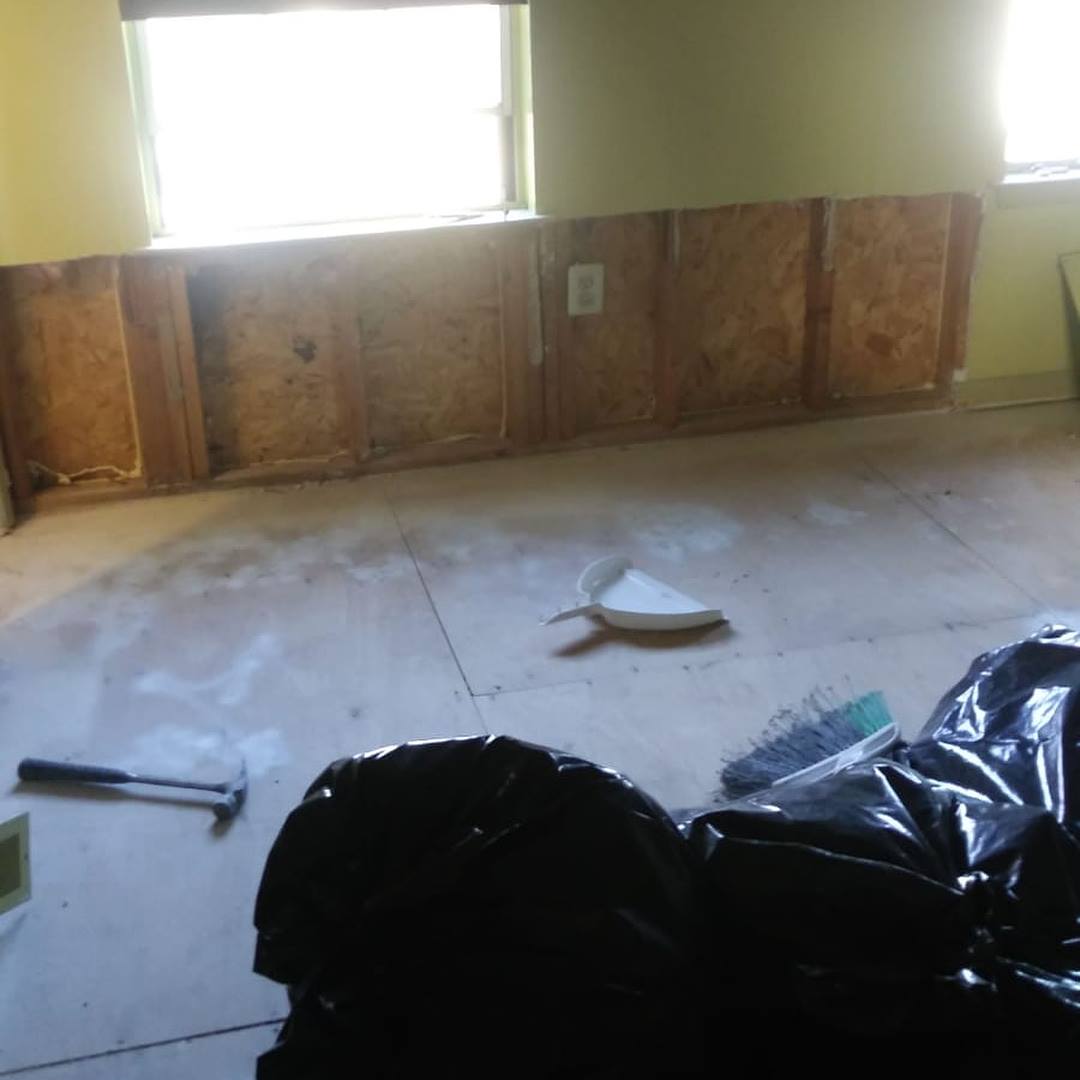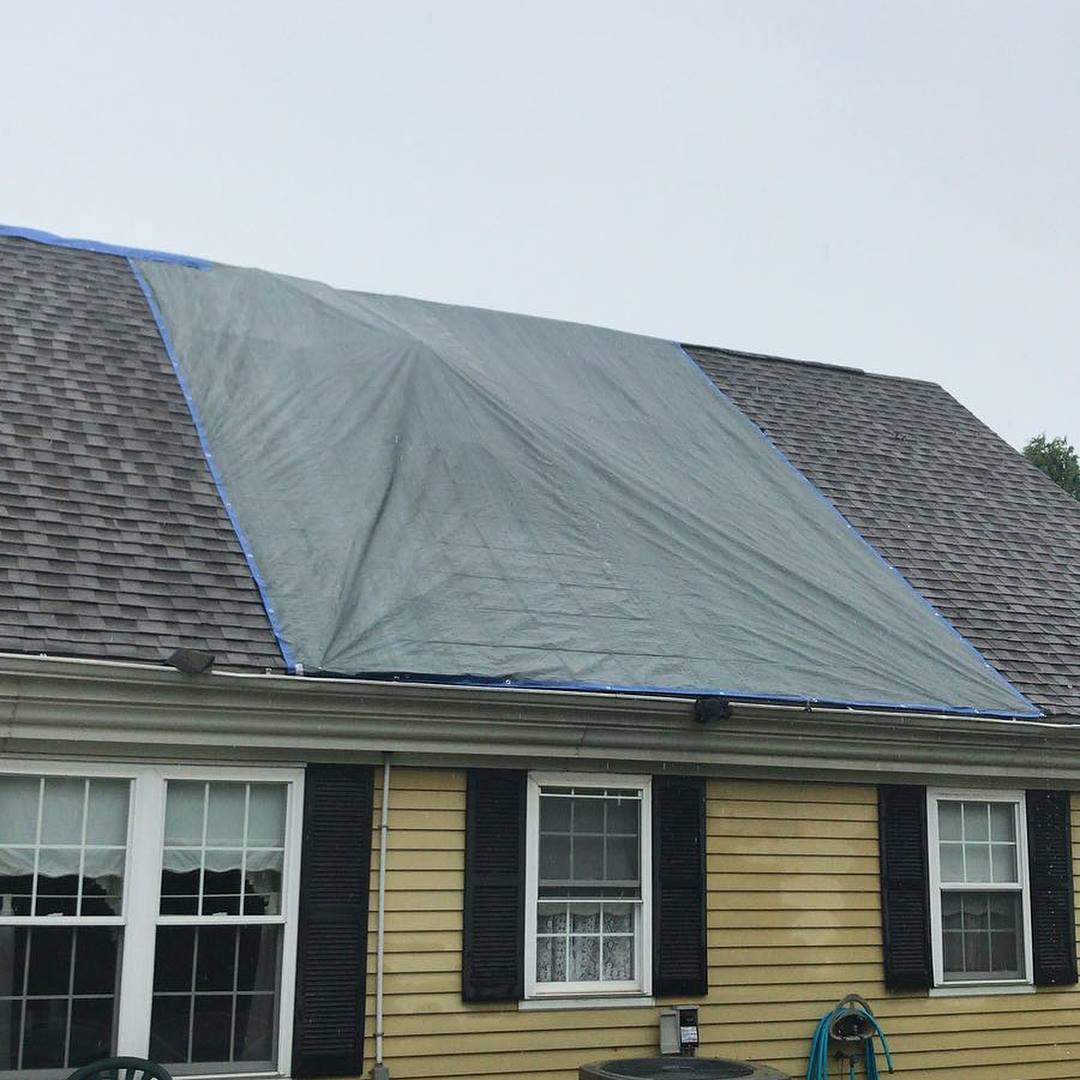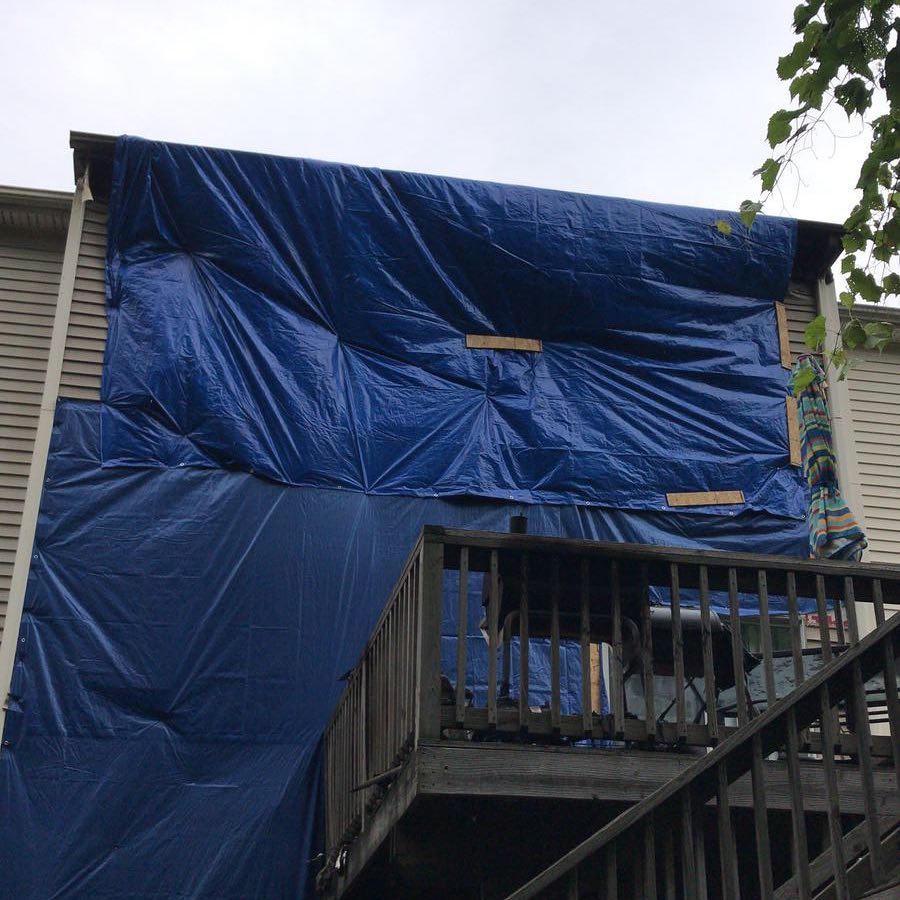
When dealing with water damage in your government office or facility, you need a reliable and local team of Philly damage restoration experts in your corner. We've restored 100s of properties, both residential and commercial, in the Philly area and we're ready to come out and help you 24/7.
We're certified, insured, and work with all insurance companies. We understand how overwhelming it can be dealing with unexpected damage so let us assist you with your claim so you can focus on getting your life back on track.

Request a Free Estimate
or call (445) 234-4123
By submitting the form, you agree to our Terms of Service and Privacy Policy.
Government buildings in Philadelphia, from local city offices to state-run facilities, play a critical role in maintaining public services and ensuring the smooth operation of civic duties. When water damage occurs in these essential buildings, it can disrupt services, compromise sensitive information, and lead to significant financial costs. Philly Damage Restoration specializes in addressing water damage in government facilities, helping to restore operations swiftly and effectively.
Common Causes of Water Damage in Government Facilities
Water damage in government buildings can arise from several sources, each posing unique challenges:
- Flooding: Philadelphia's proximity to the Delaware and Schuylkill Rivers makes it susceptible to flooding, particularly during heavy rains or hurricanes. Floodwaters can infiltrate city halls, municipal buildings, and even state offices, causing widespread damage to structures, electrical systems, and essential records.
- Leaks from Aging Infrastructure: Many government buildings in Philadelphia are housed in historic structures with aging plumbing and roofing systems. Leaks can develop in pipes, roofs, or windows, leading to gradual water damage that, if left untreated, can cause mold growth, structural weakening, and damage to office equipment.
- HVAC System Failures: In large government buildings, HVAC systems are critical for maintaining indoor climate. However, when these systems fail or experience blockages, they can cause leaks or even significant flooding. This is particularly concerning in facilities that house sensitive data, such as the Philadelphia Department of Records or IT departments.
- Burst Pipes: During Philadelphia’s harsh winters, freezing temperatures can cause pipes to burst in city, state, and federal buildings. A burst pipe can lead to sudden and extensive water damage, affecting multiple floors and compromising the safety and usability of the facility.
Types of Government Facilities at Risk
- City Halls and Municipal Buildings: These buildings are the nerve center of local government operations. Water damage in these facilities can delay vital services like permitting, licensing, and community programs.
- Courthouses: Courthouses in Philadelphia handle vast amounts of paperwork and sensitive information. Water damage here can destroy important legal documents and disrupt court proceedings, leading to delays in justice and increased costs.
- Police and Fire Stations: Water damage in these facilities can compromise emergency response times and damage crucial equipment. For example, flooding could render a police station’s communication systems inoperable, or a leak could cause mold growth that impacts the health of first responders.
- Public Libraries and Archives: Libraries and public archives are repositories of knowledge and history. Water damage in these facilities can lead to the irreversible loss of valuable books, documents, and cultural artifacts.
- State Government Offices: Offices like the Pennsylvania Department of Transportation or Department of Health manage essential public services. Water damage in these buildings can halt operations, delay services to the public, and result in significant repair costs.
Preventative Measures for Government Facilities
- Regular Inspections: Government buildings should undergo regular inspections to identify potential vulnerabilities in plumbing, roofing, and HVAC systems. Early detection of leaks or wear and tear can prevent minor issues from escalating into major water damage.
- Upgrading Infrastructure: Investing in the modernization of older buildings, particularly in terms of plumbing and roofing, can mitigate the risk of leaks. Upgrading HVAC systems to more efficient models can also reduce the likelihood of water damage due to system failures.
- Emergency Response Plans: Every government facility should have a comprehensive emergency response plan in place for dealing with water damage. This plan should include steps for immediate response, contact information for emergency services, and procedures for minimizing damage to important documents and equipment.
- Installing Water Detection Systems: Advanced water detection systems can alert building managers to leaks or flooding early, allowing for a swift response before significant damage occurs. These systems are particularly useful in sensitive areas like archives, IT departments, and areas housing critical infrastructure.
Philly Damage Restoration: Your Partner in Protecting Government Facilities
When water damage strikes a government facility in Philadelphia, quick and professional action is essential to minimize disruption and restore operations. Philly Damage Restoration is experienced in handling the unique challenges posed by water damage in government buildings. Our team is equipped to respond to emergencies, assess damage accurately, and implement effective restoration strategies that comply with all regulatory requirements.
Whether it’s addressing flood damage in a municipal building, repairing leaks in a historic courthouse, or managing mold growth in a state office, Philly Damage Restoration is your trusted partner in safeguarding Philadelphia’s government facilities. Our expertise ensures that vital public services can continue without interruption, preserving the integrity of the city's operations and the safety of its citizens.
Frequently Asked Questions About Government Office and Facility Flood Damage in Philly
The most common causes include flooding from heavy rains or river overflows, leaks from aging plumbing and roofing systems, HVAC system failures, and burst pipes during freezing temperatures.





















